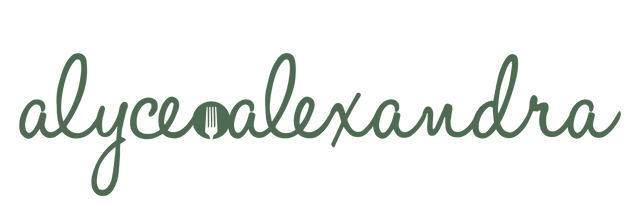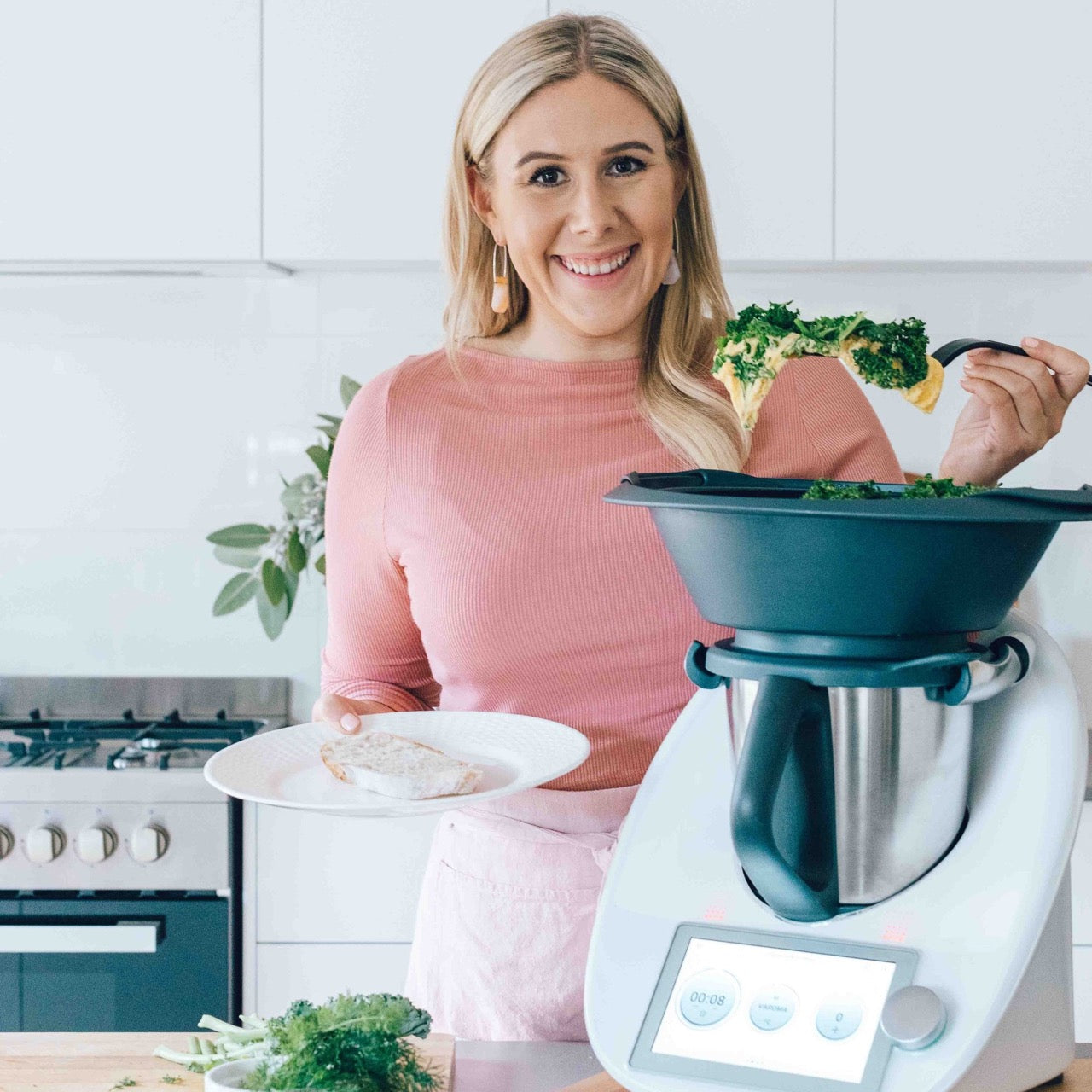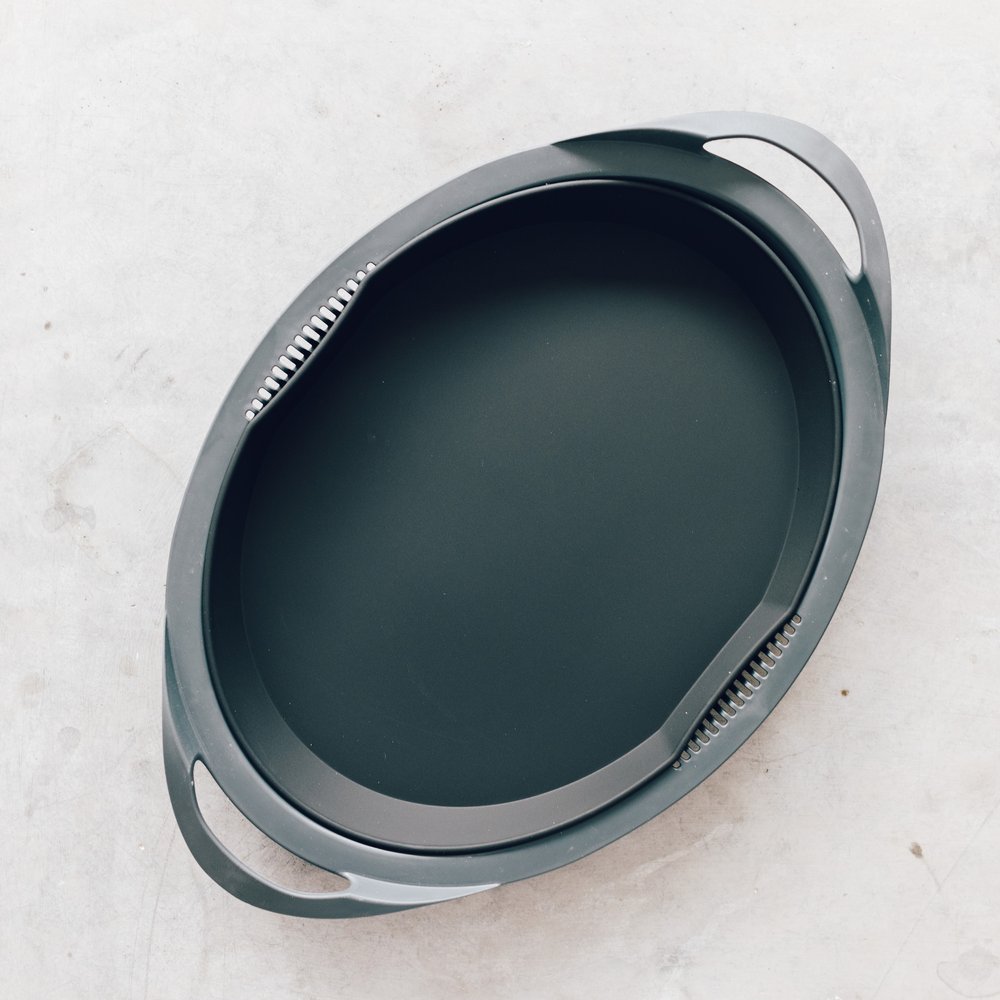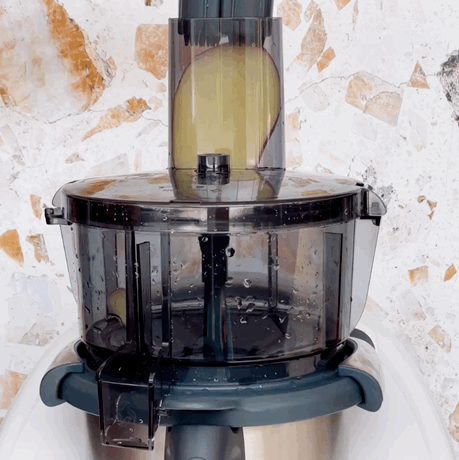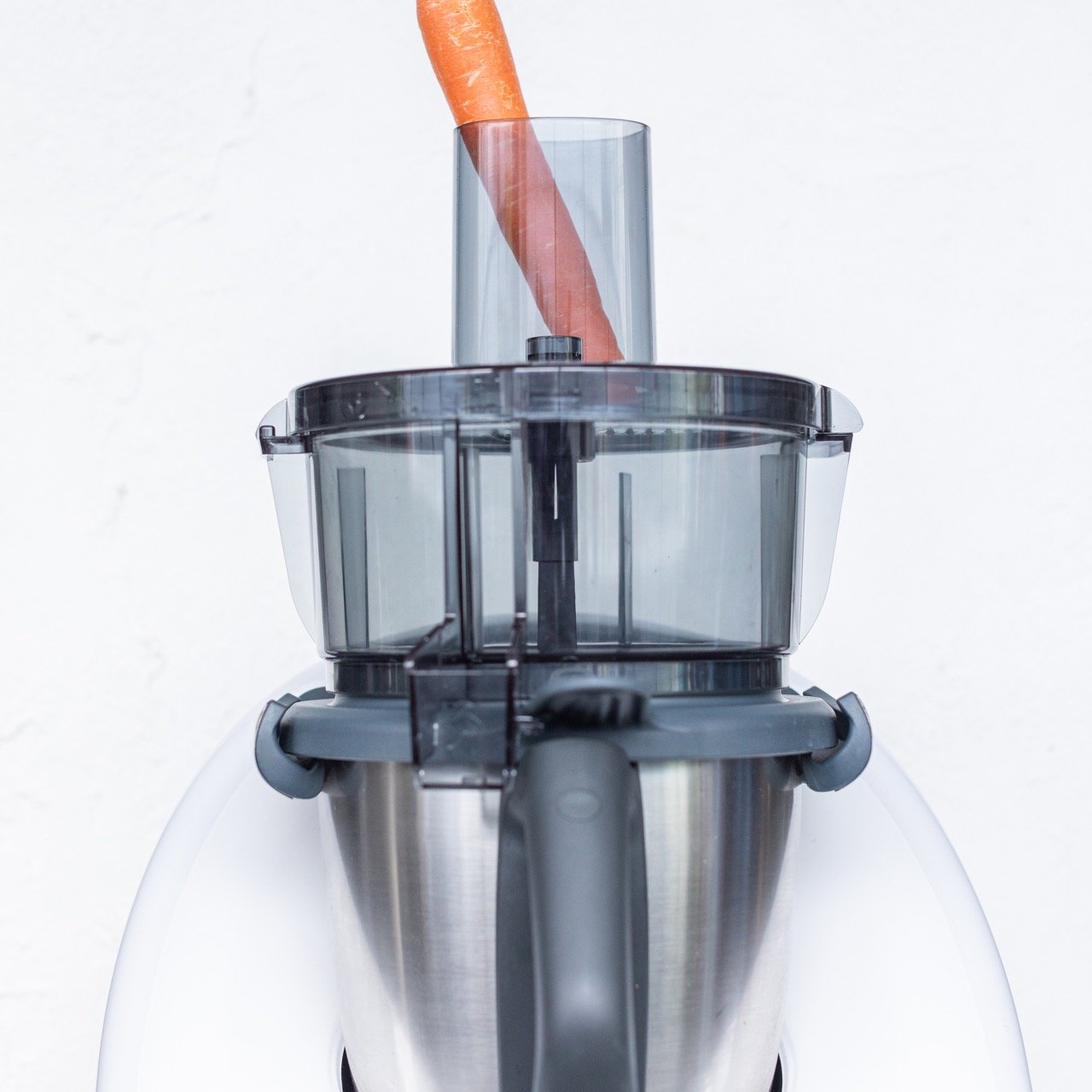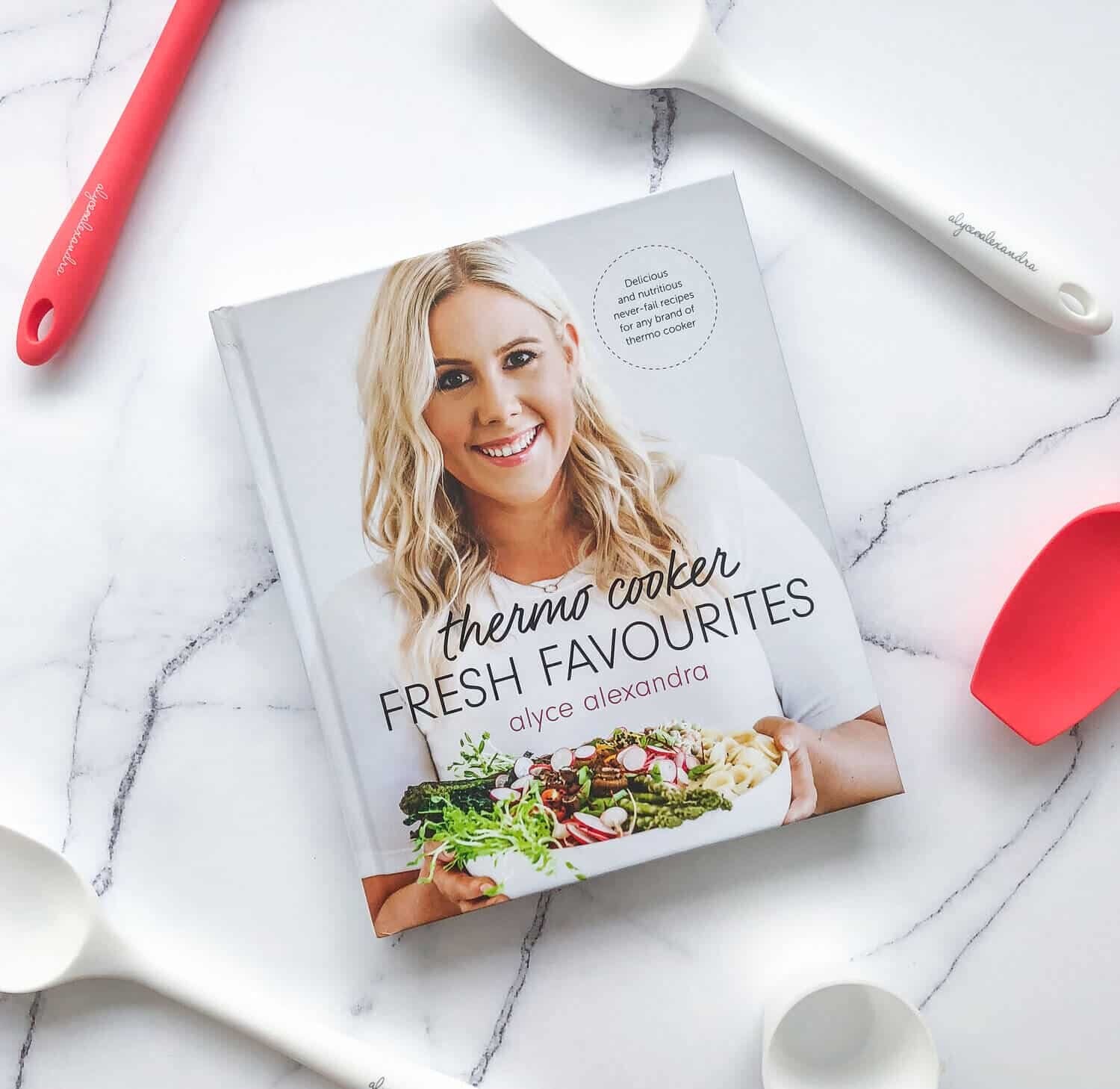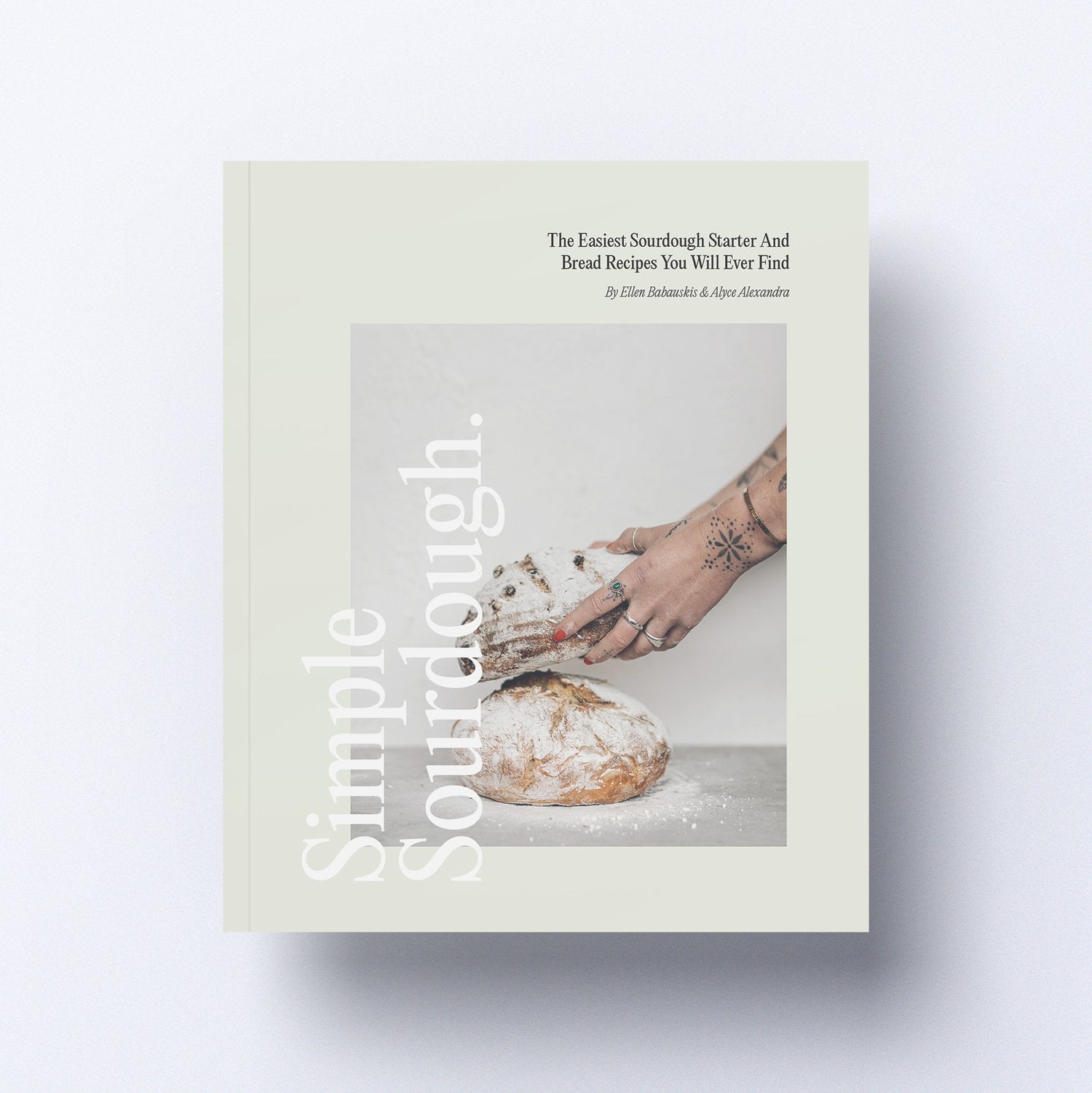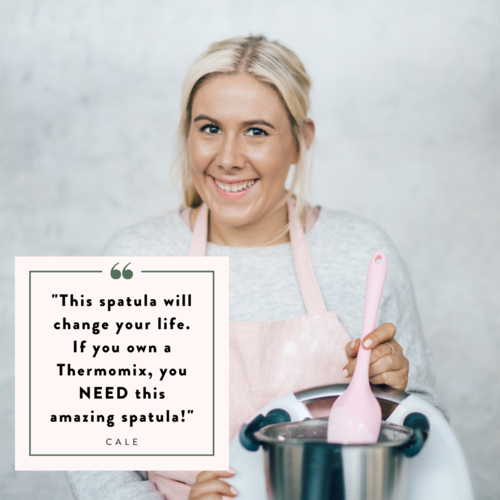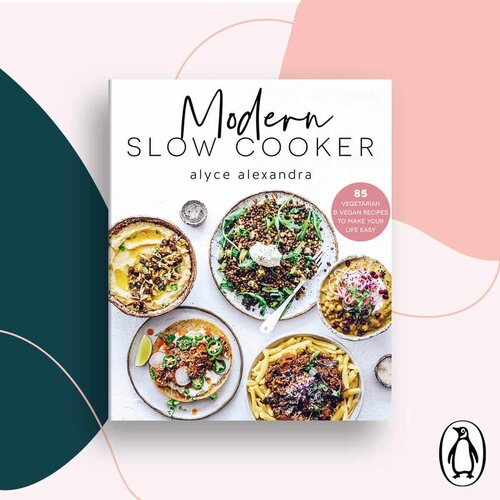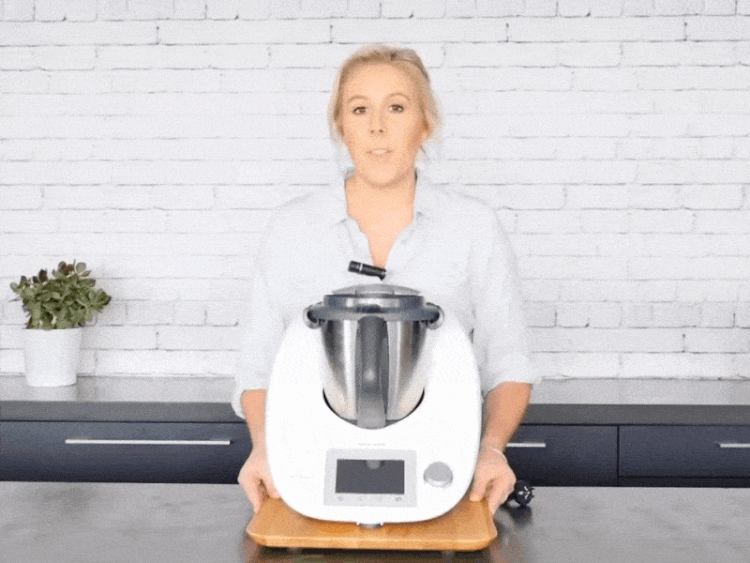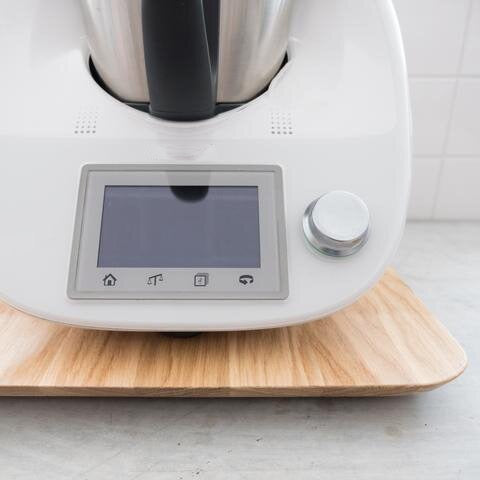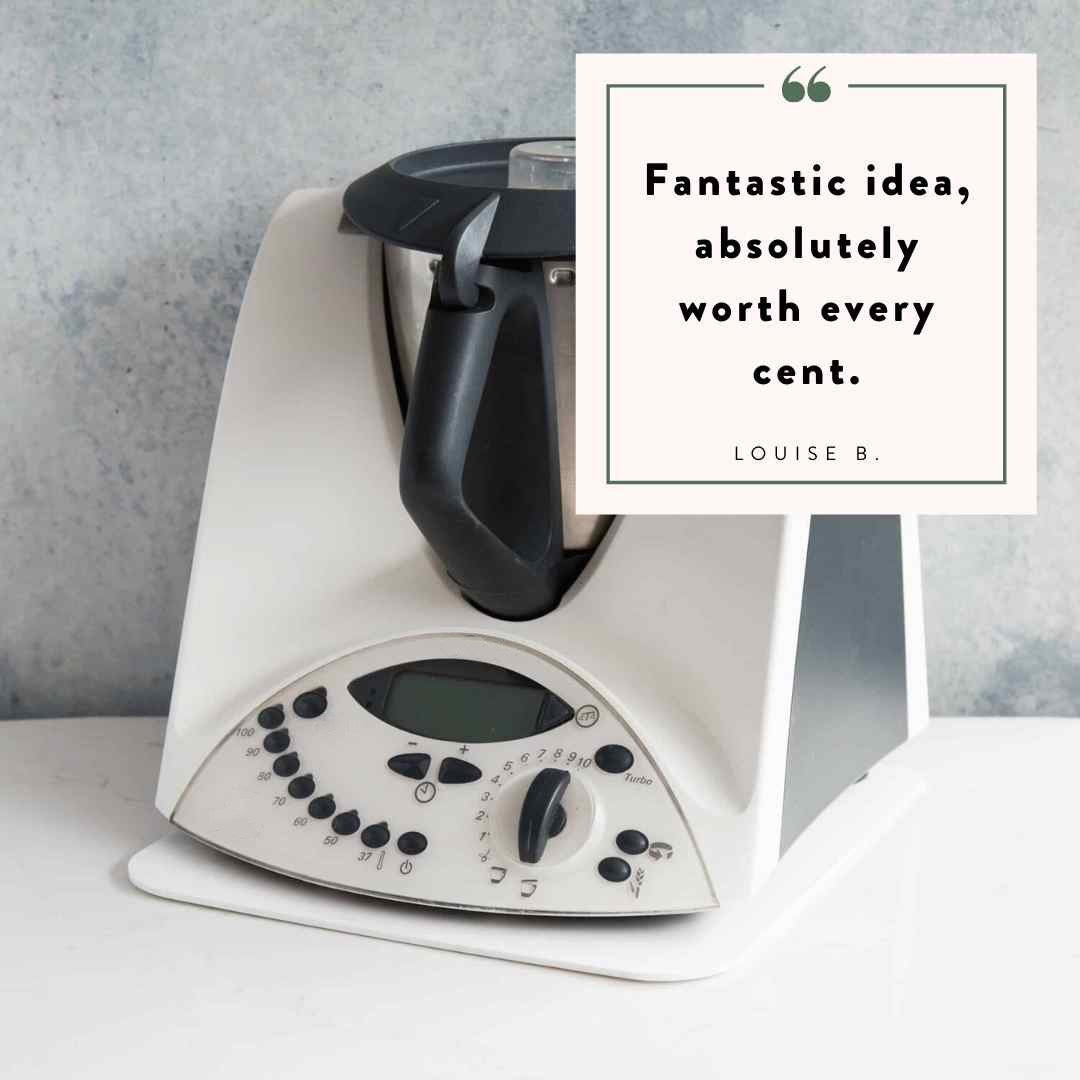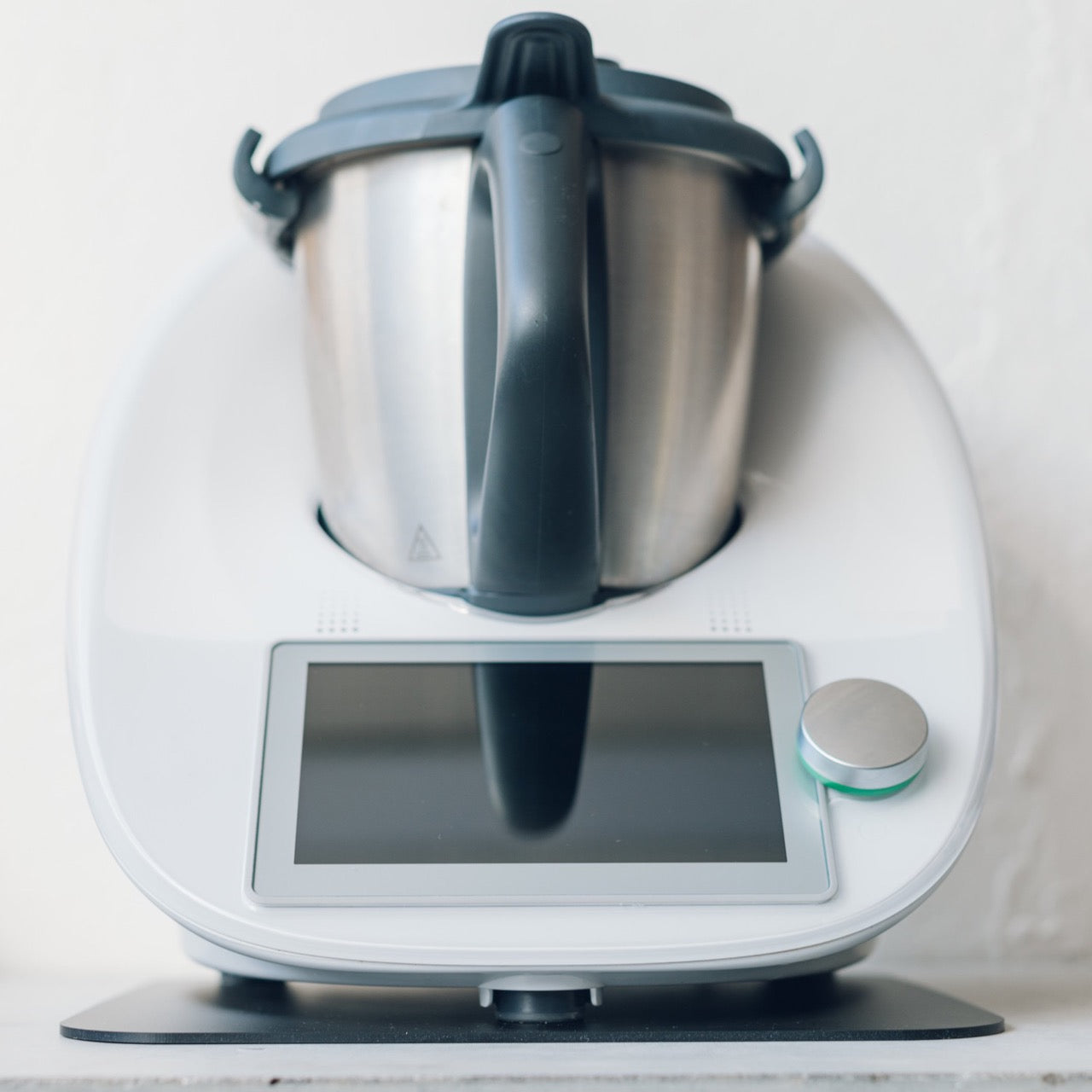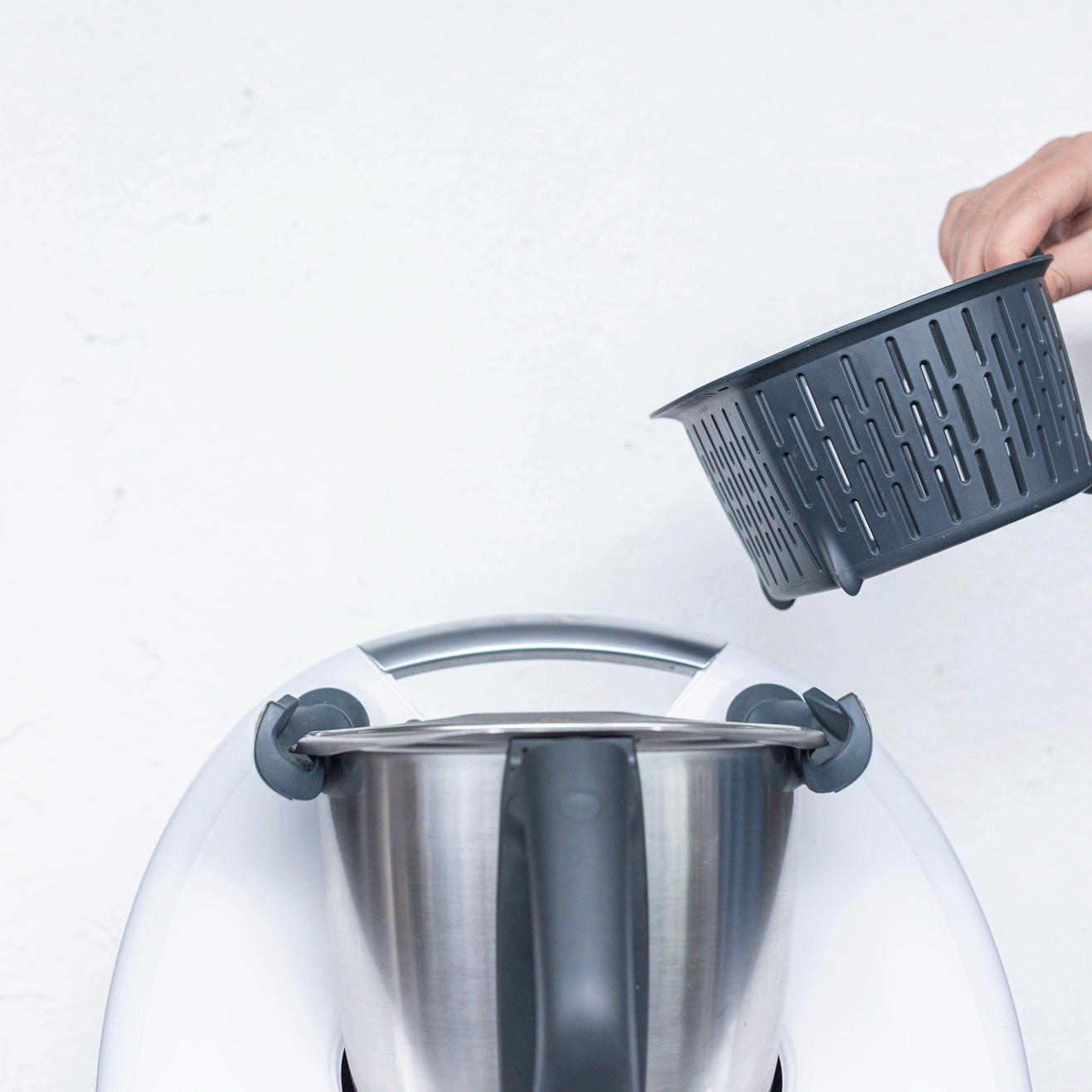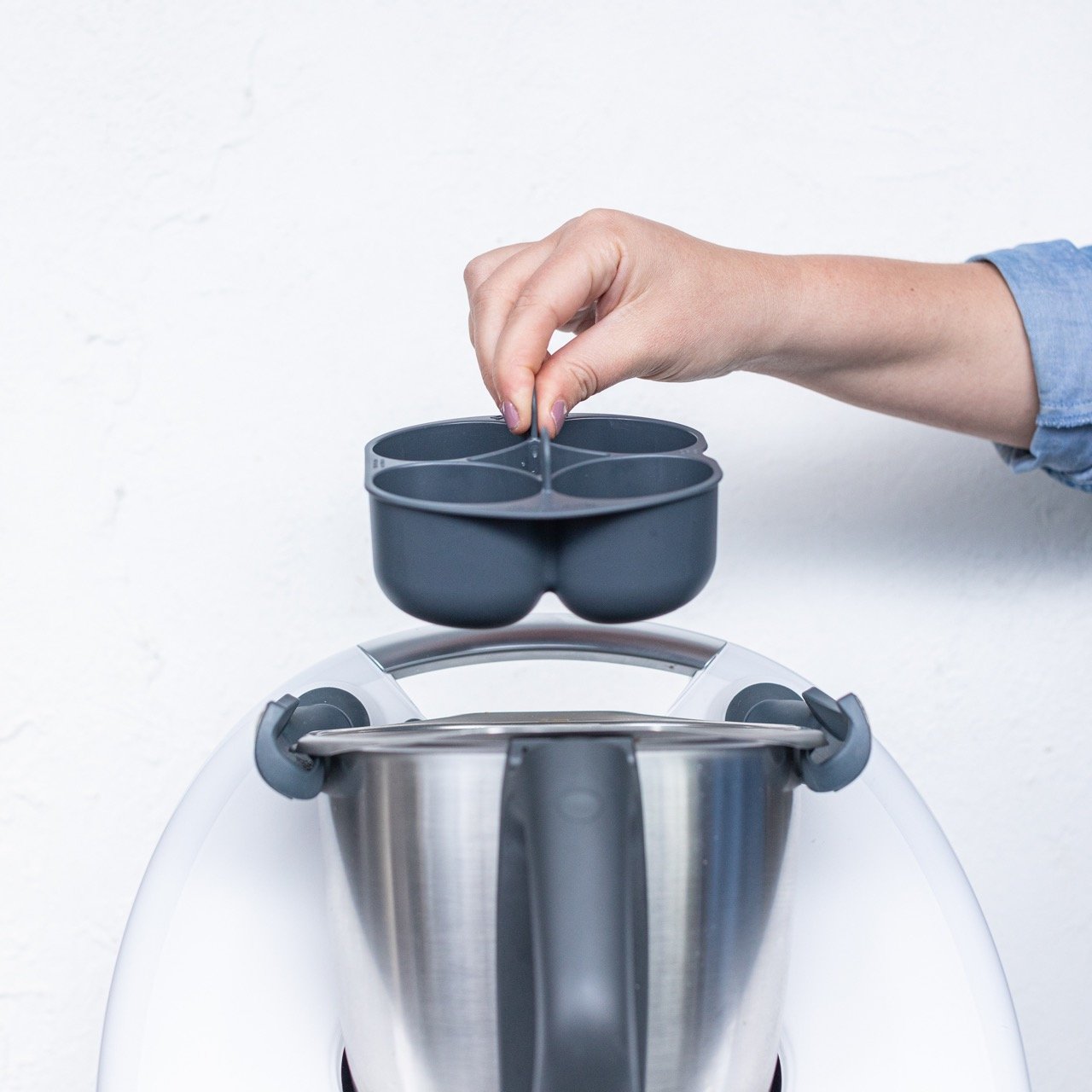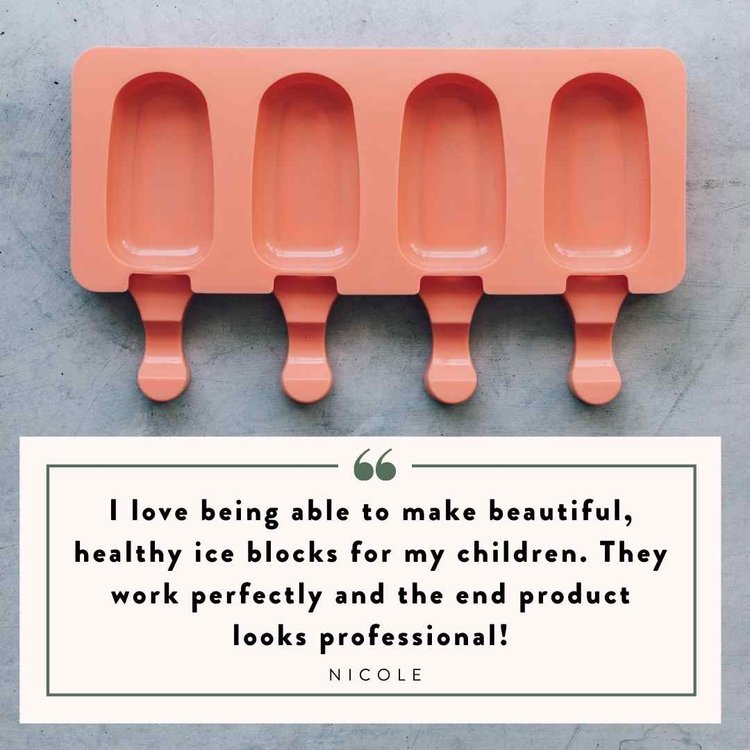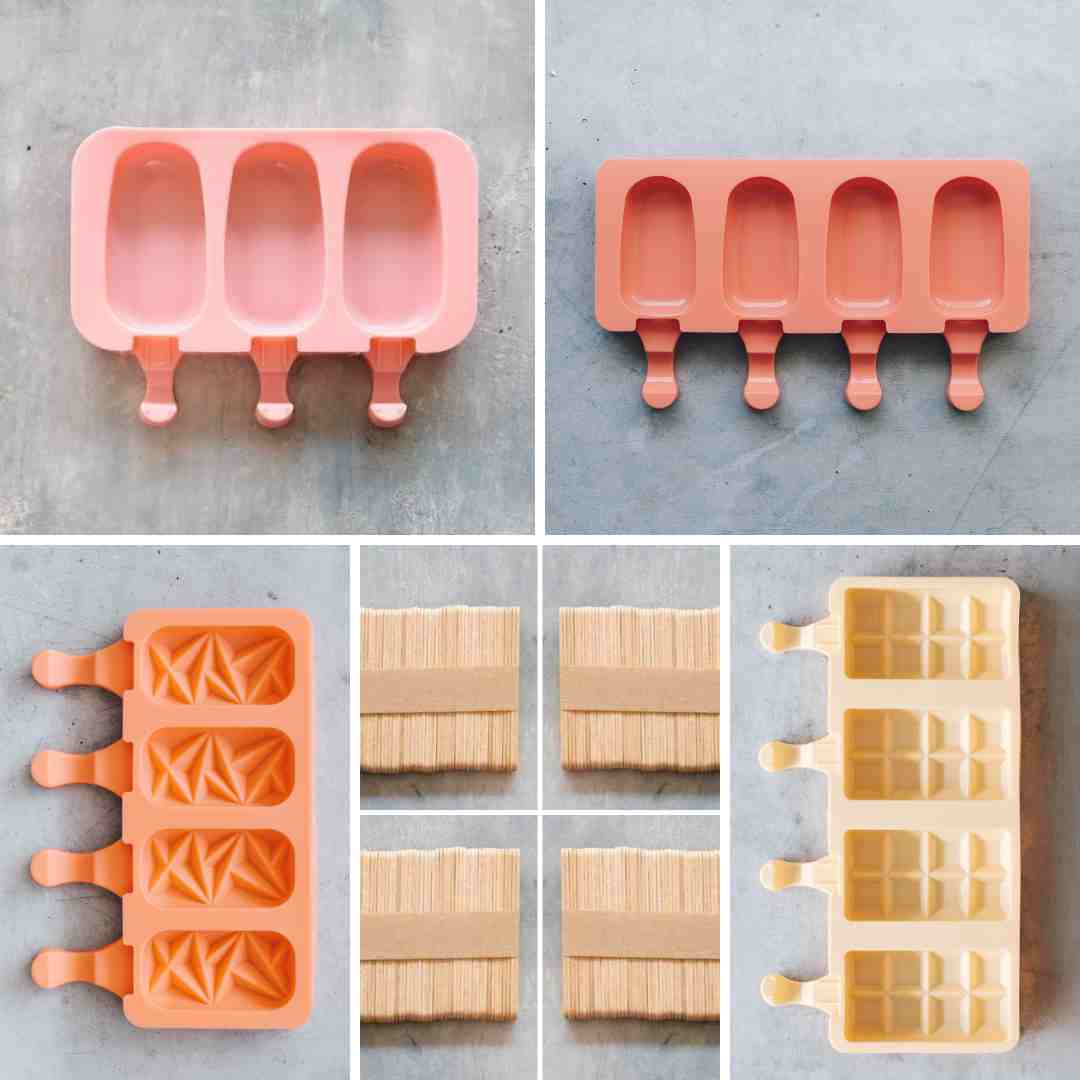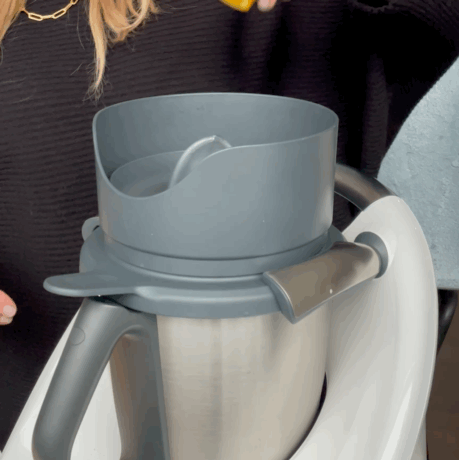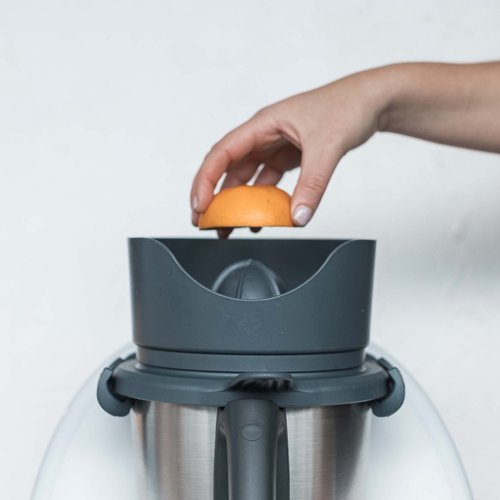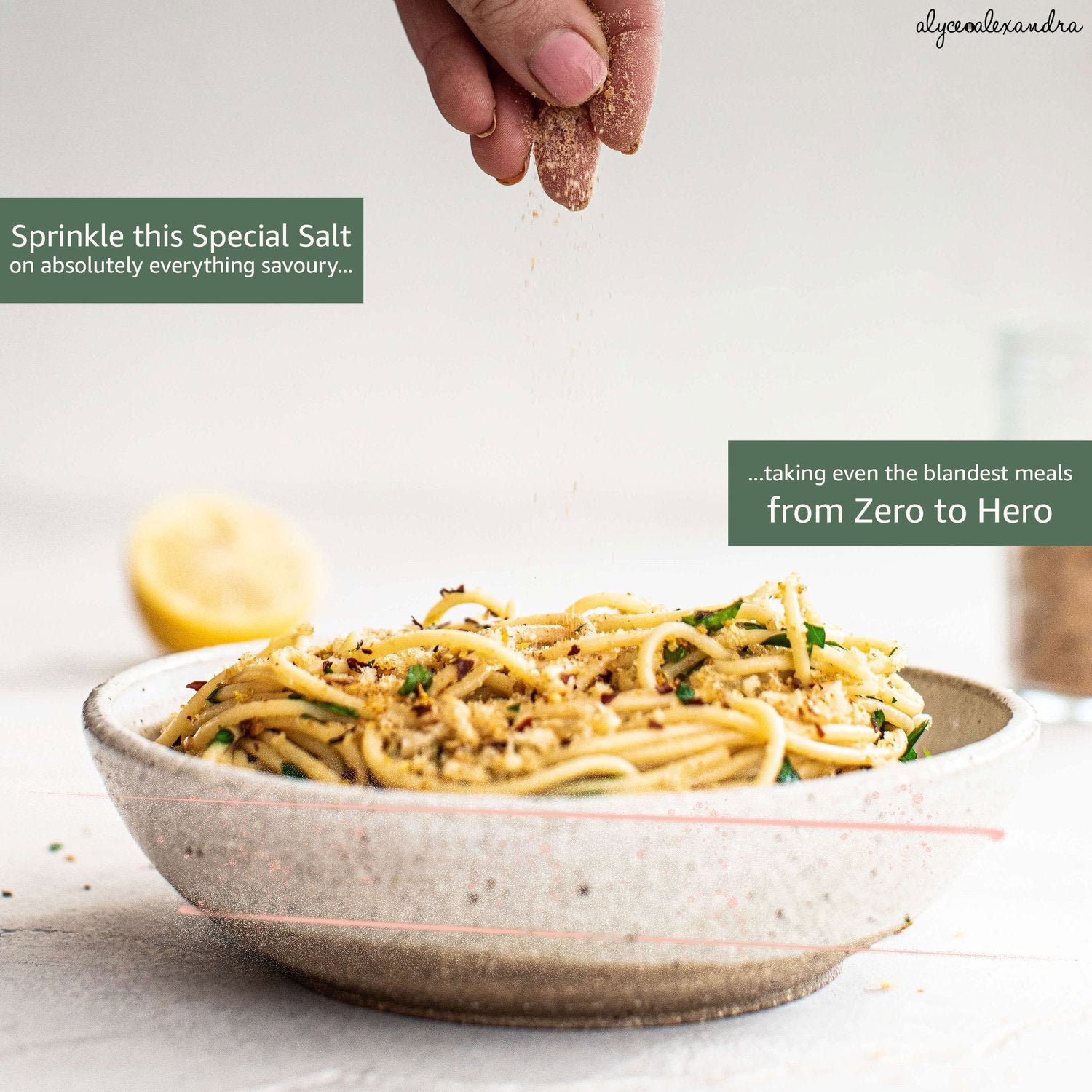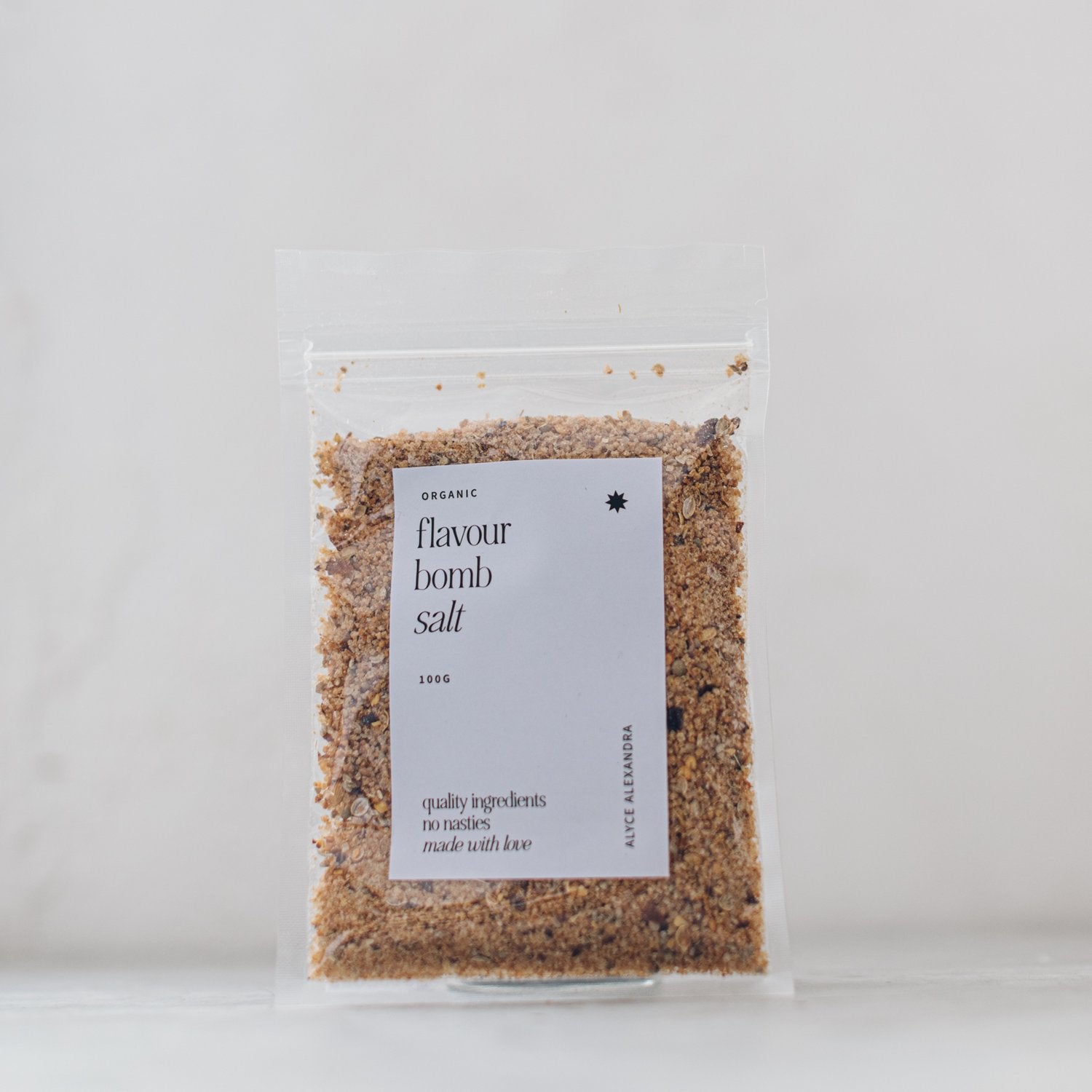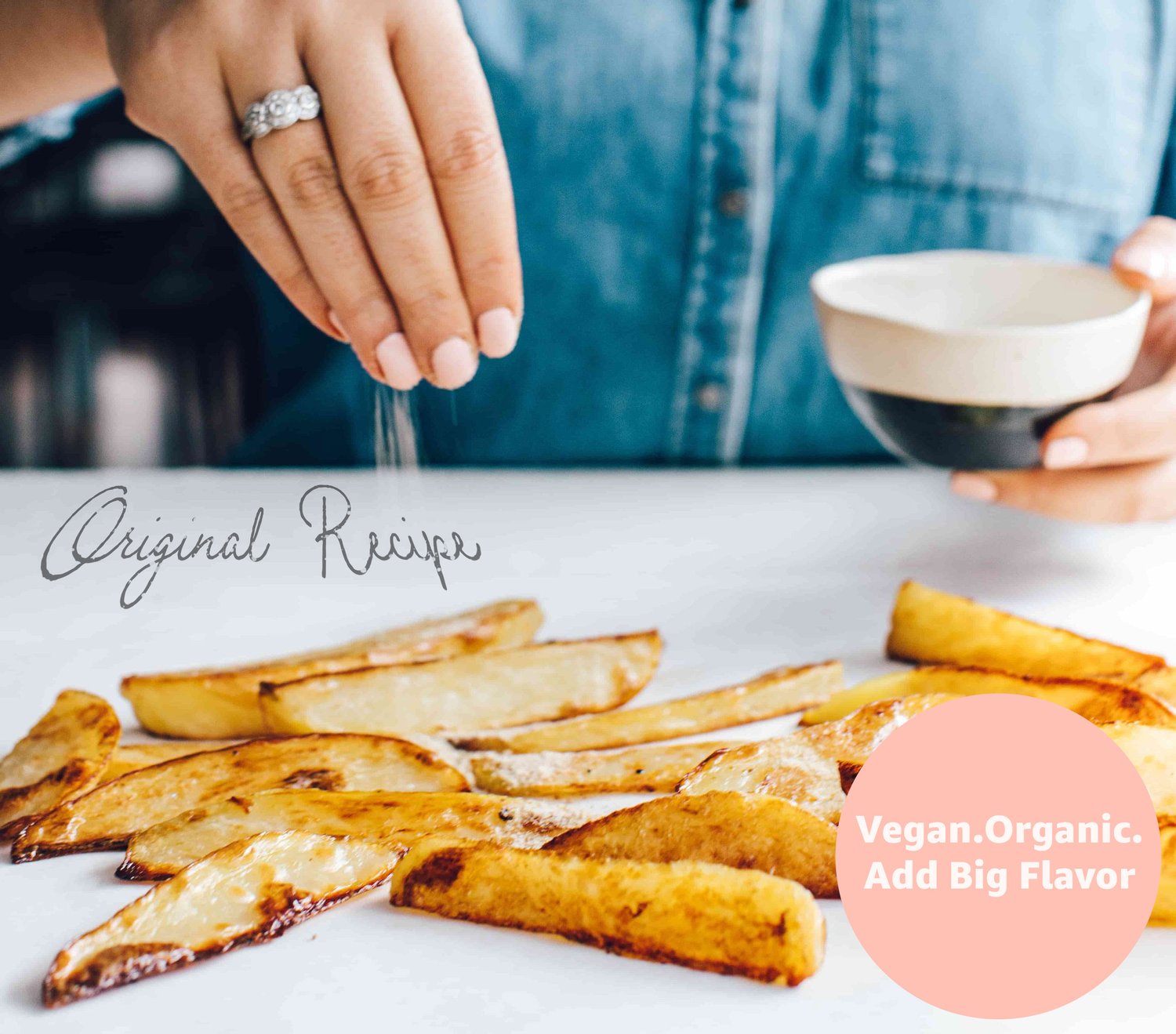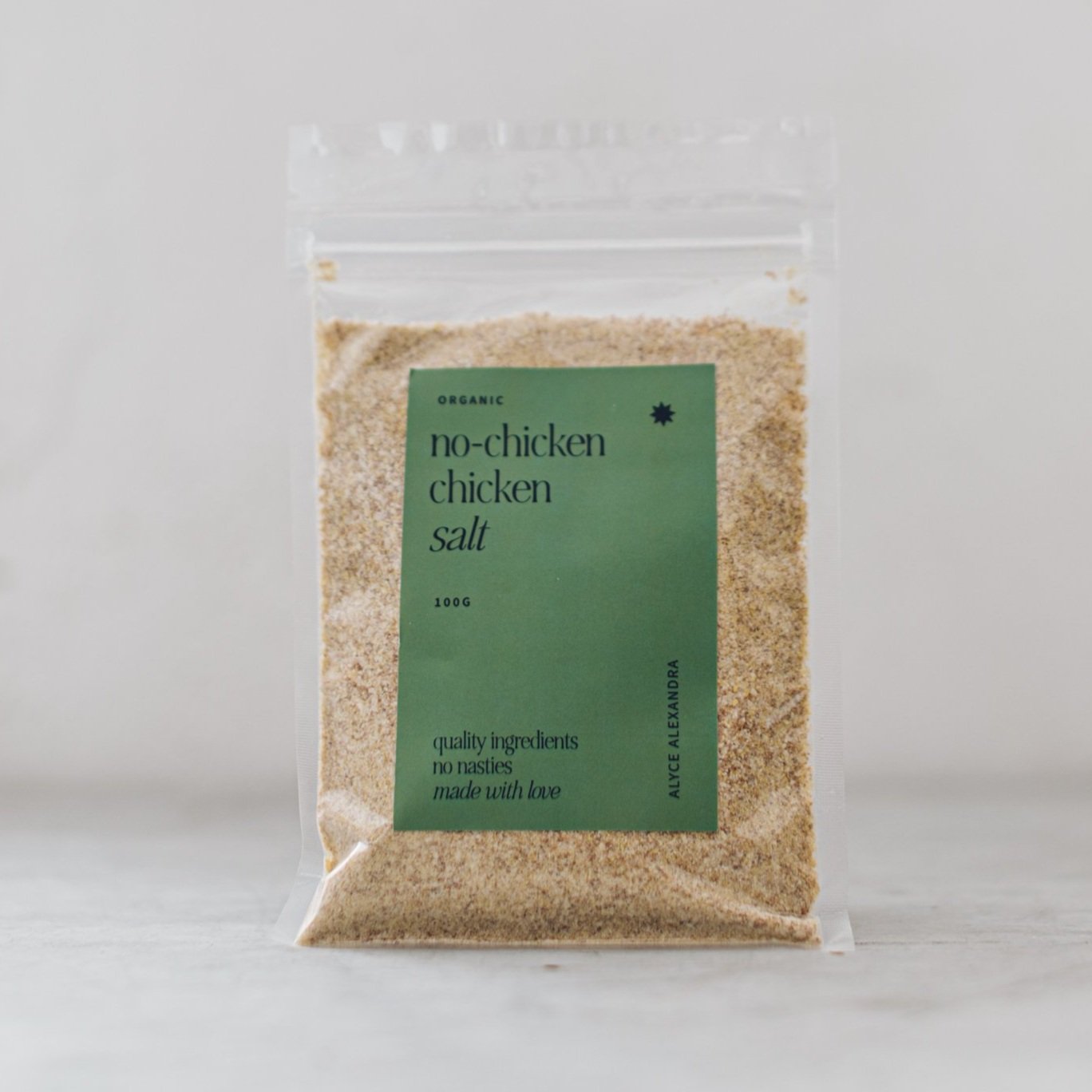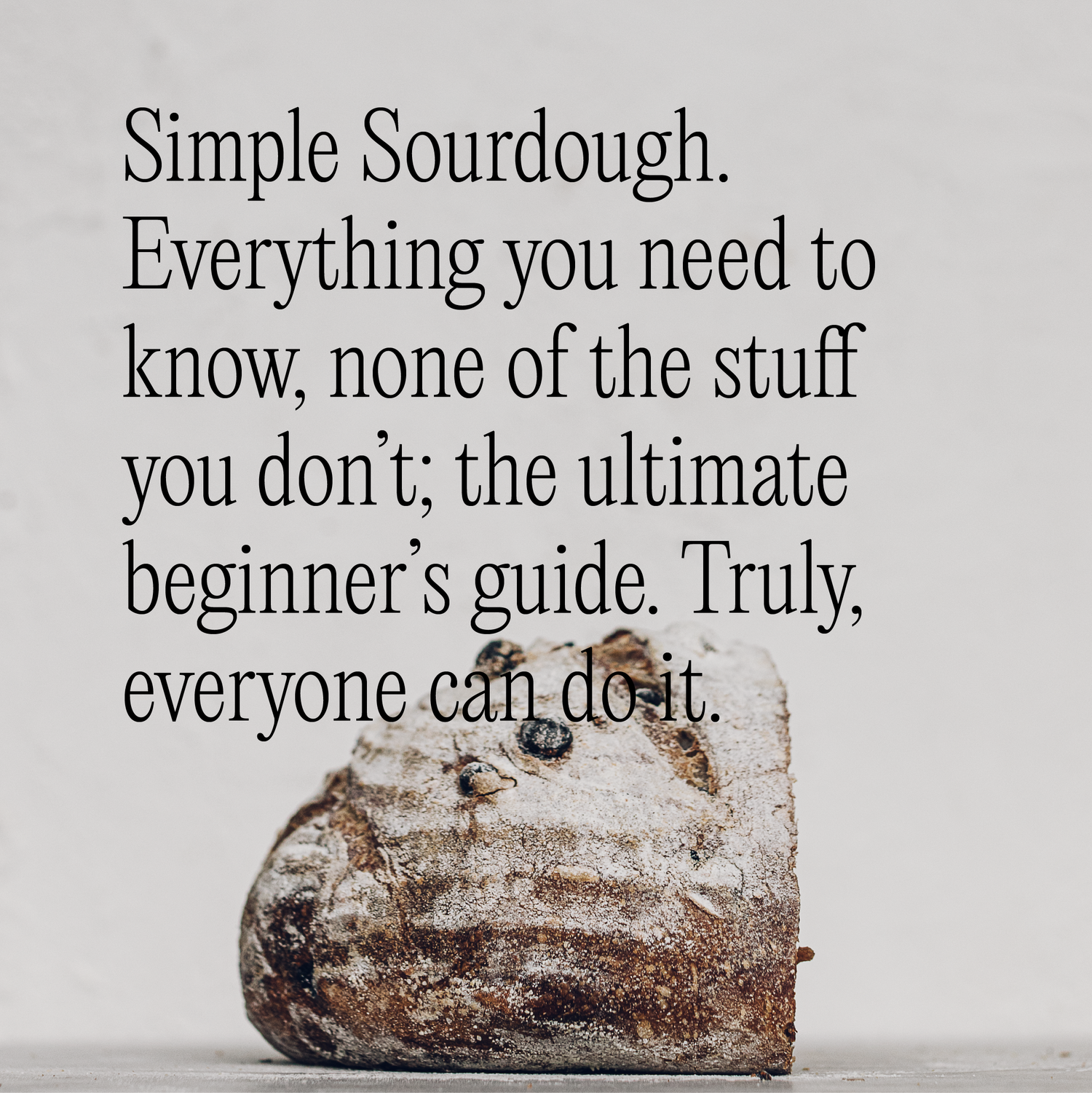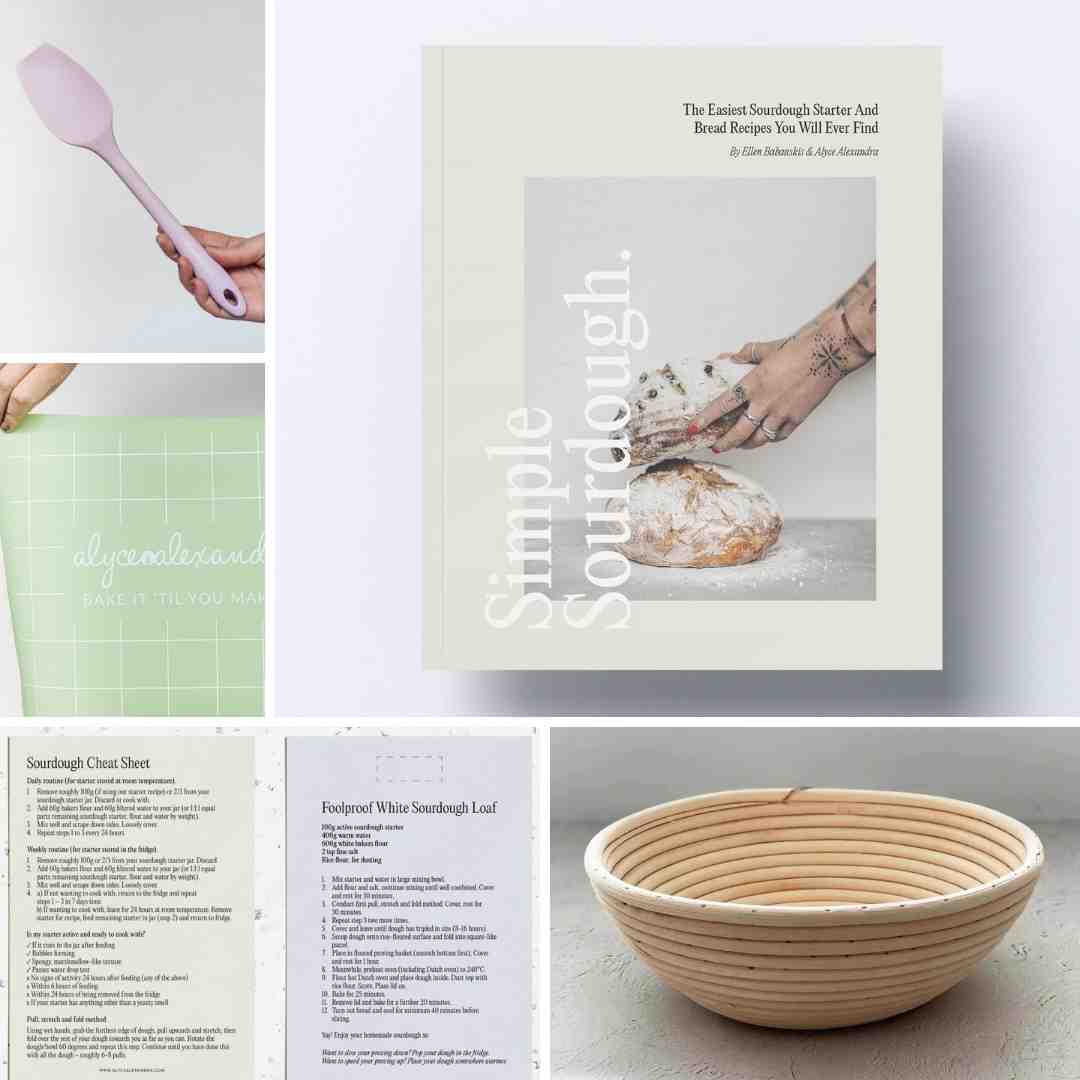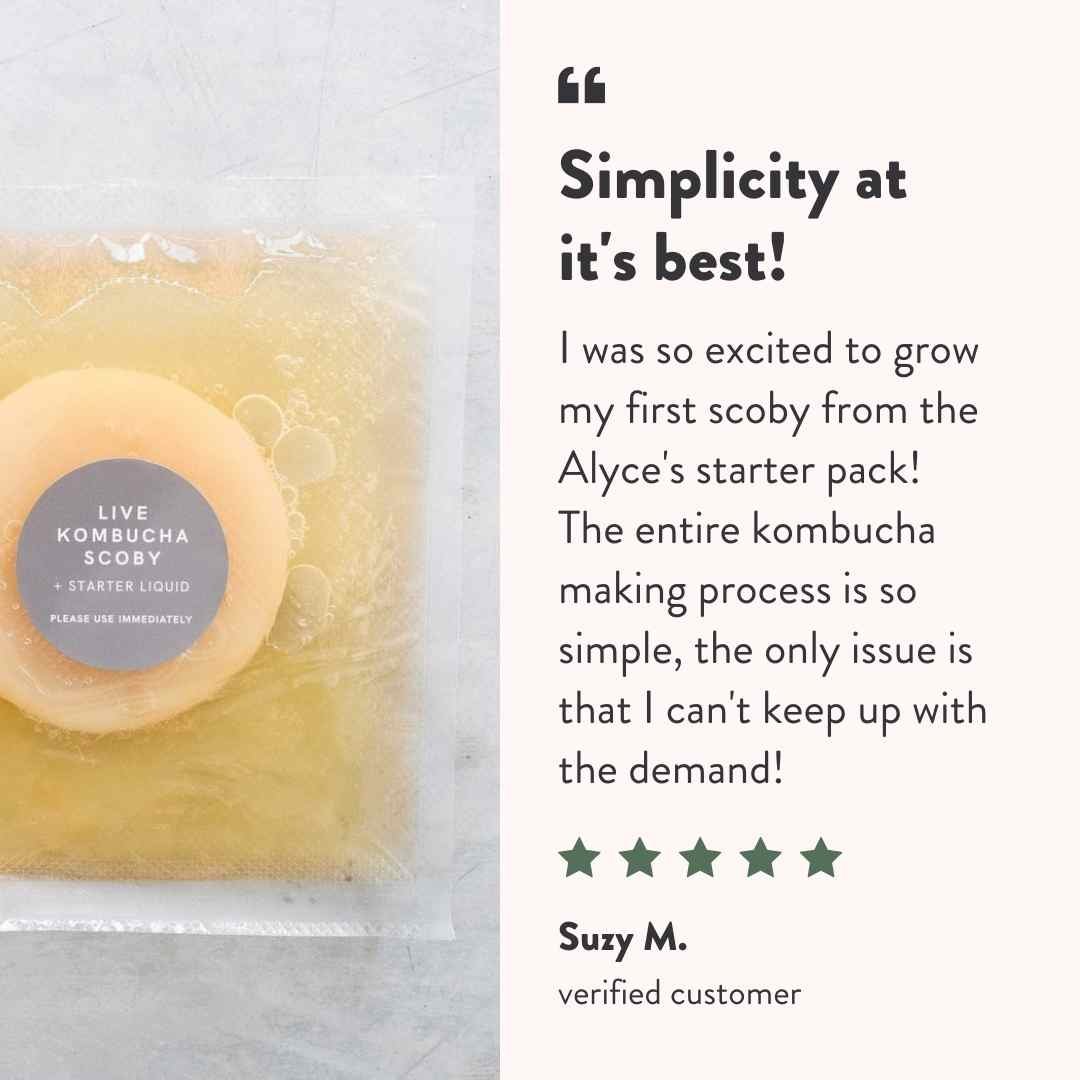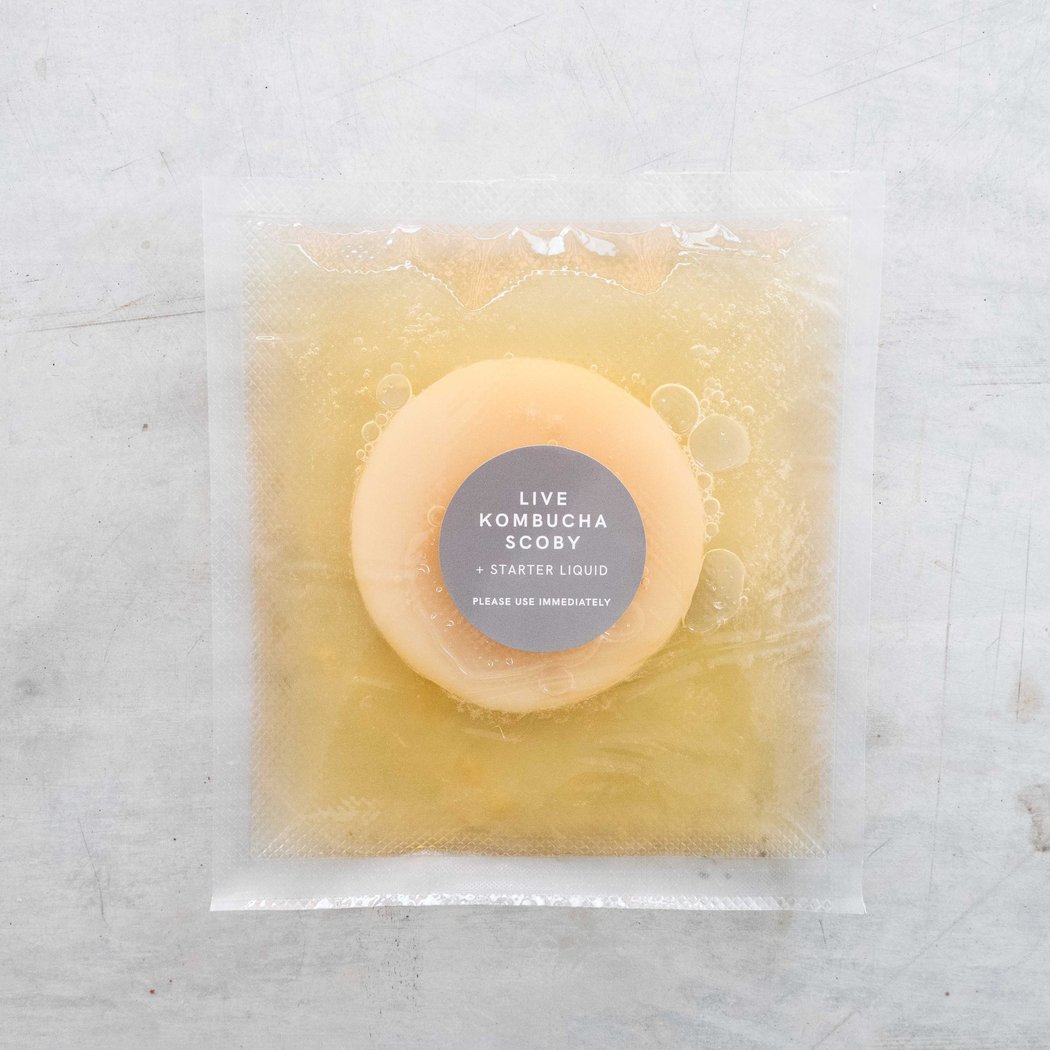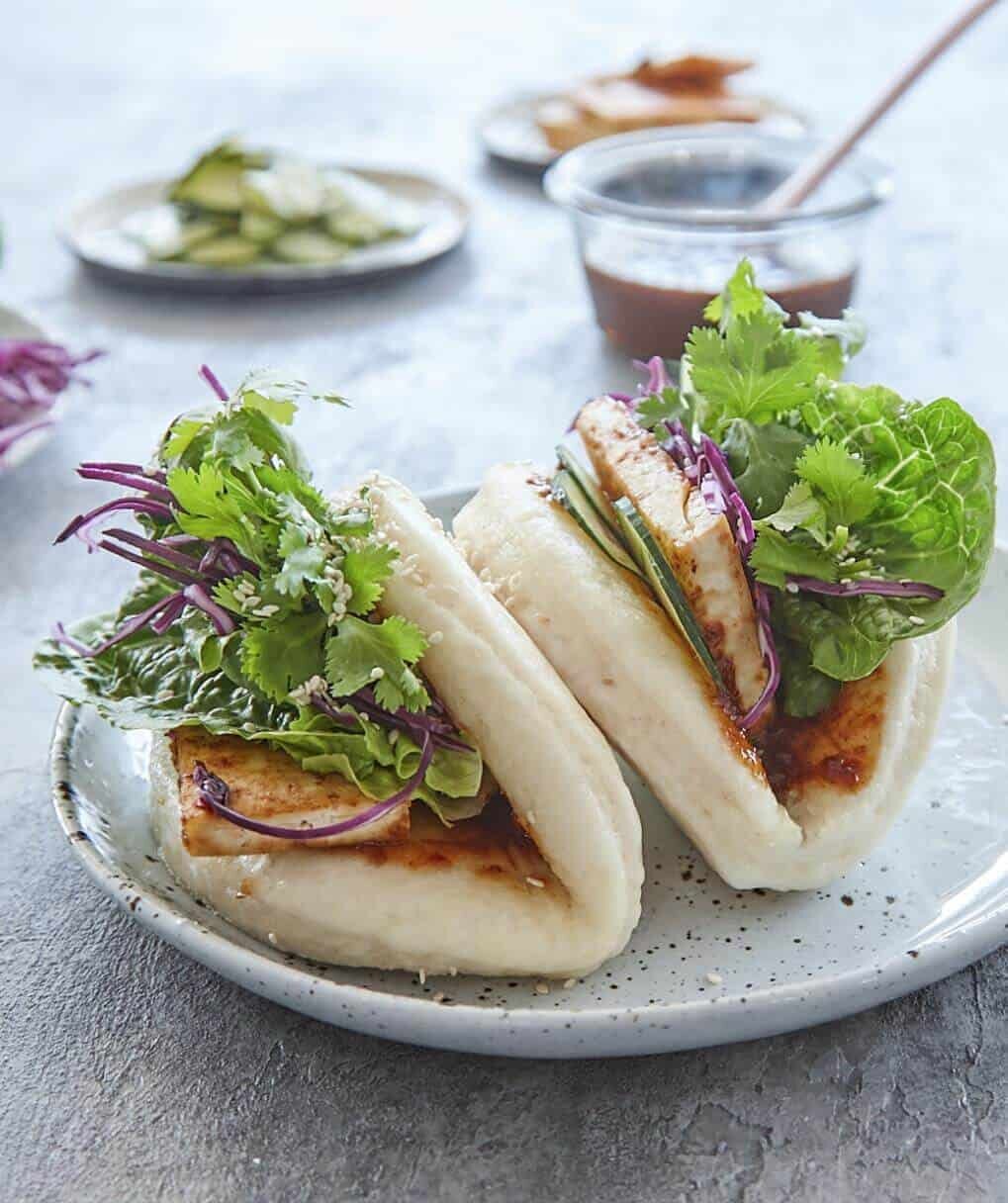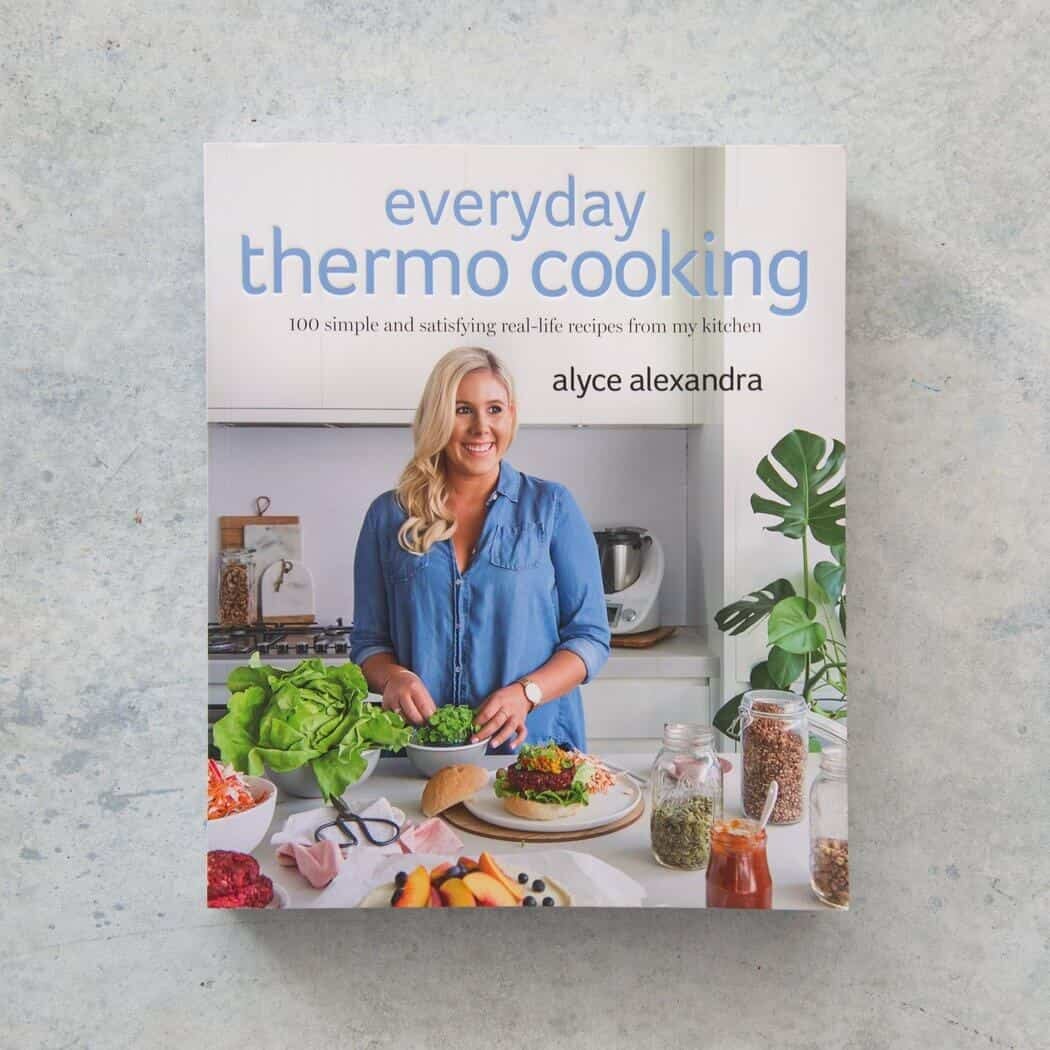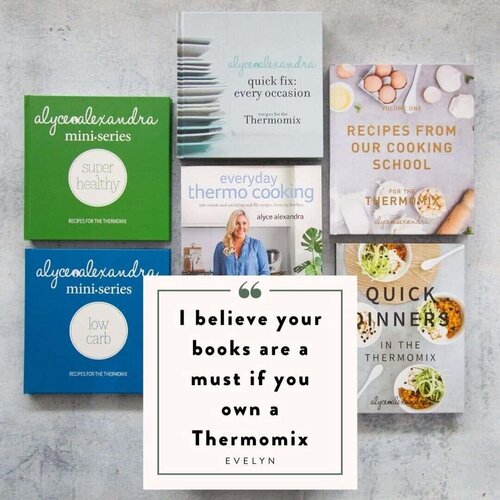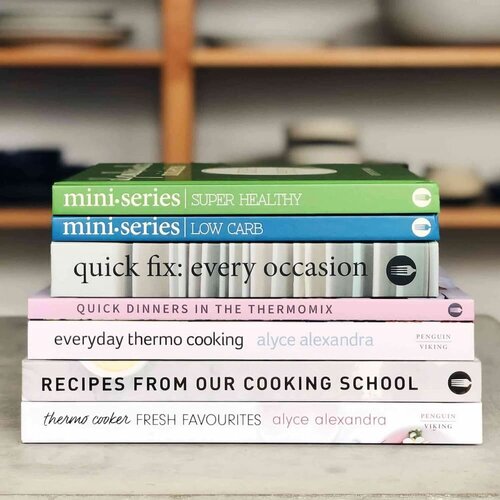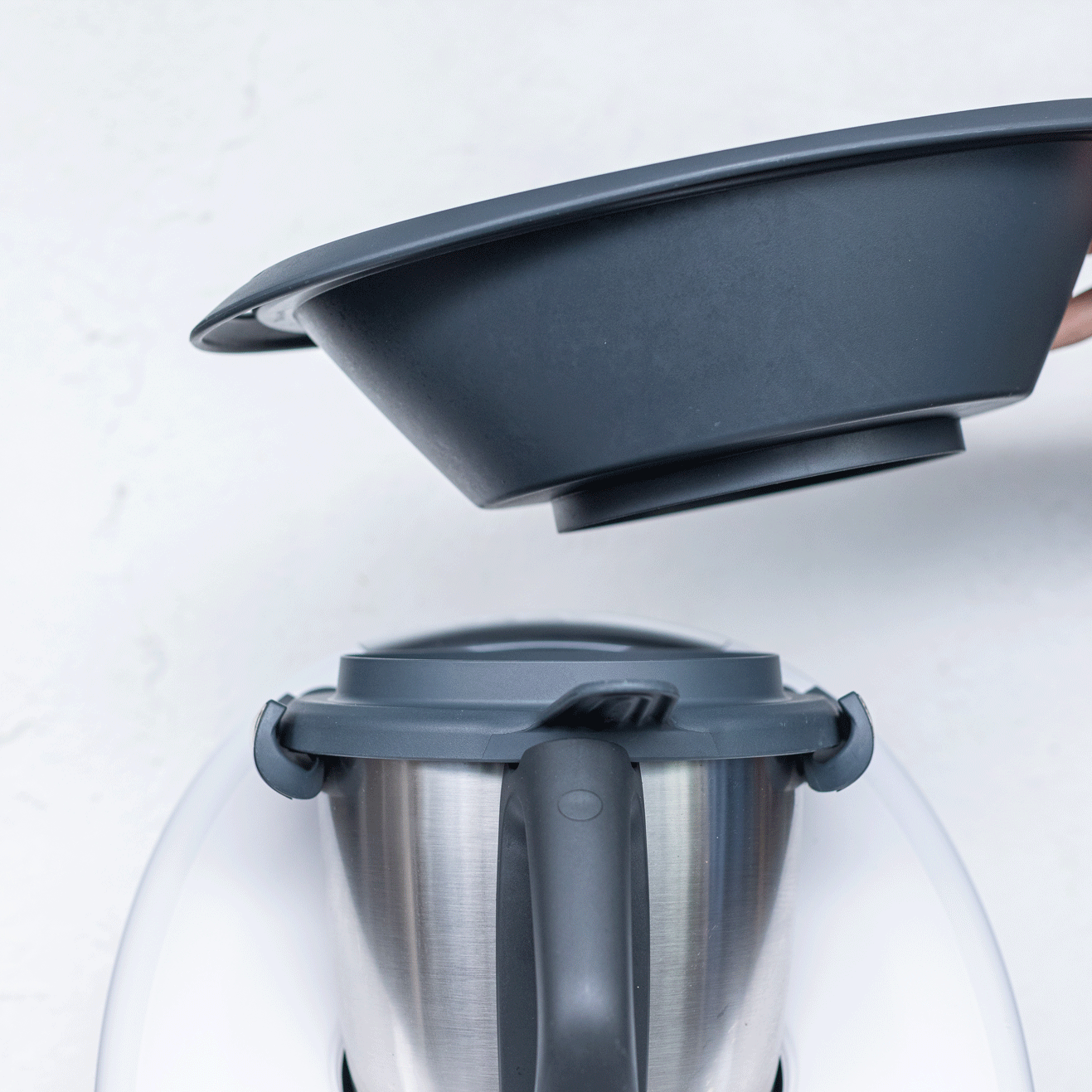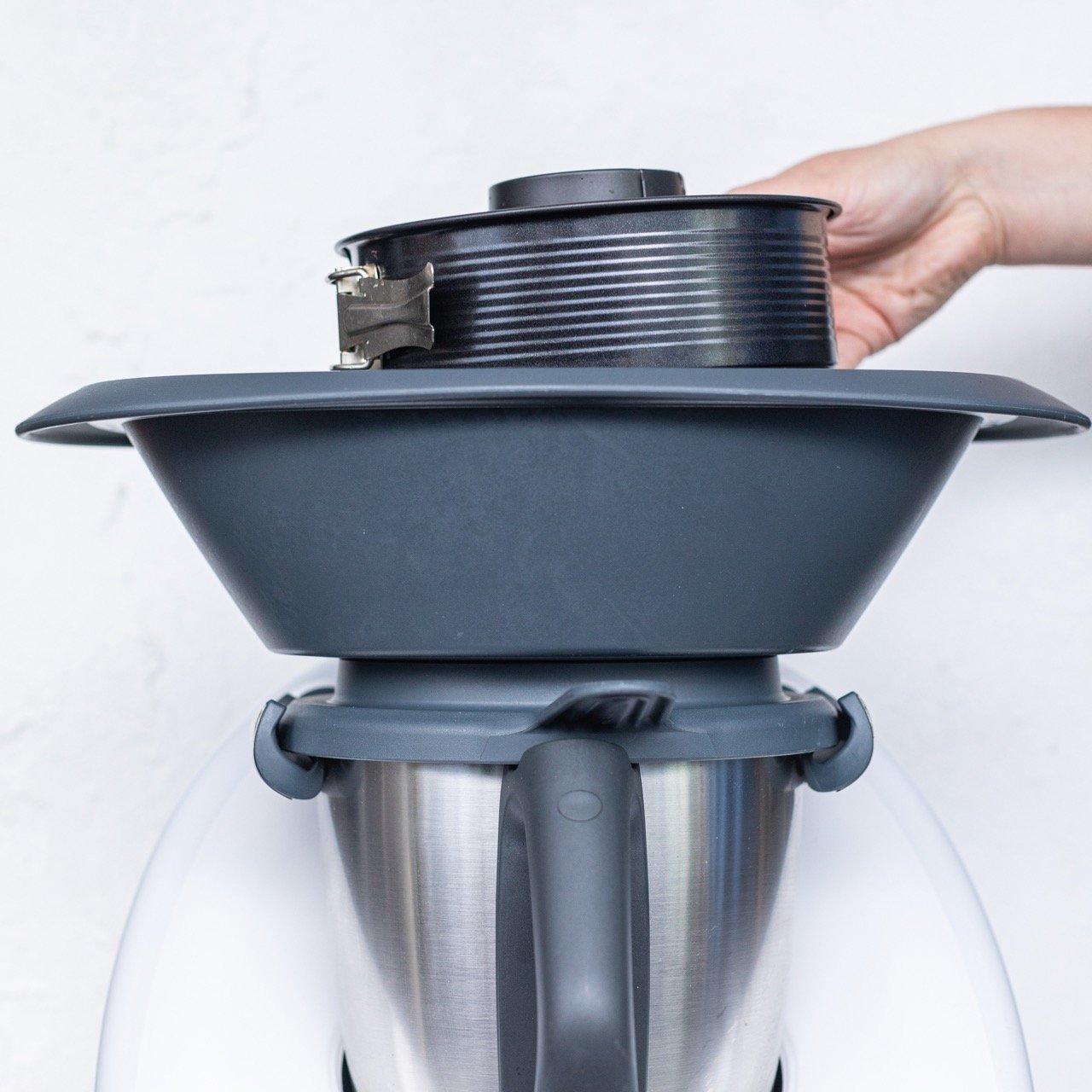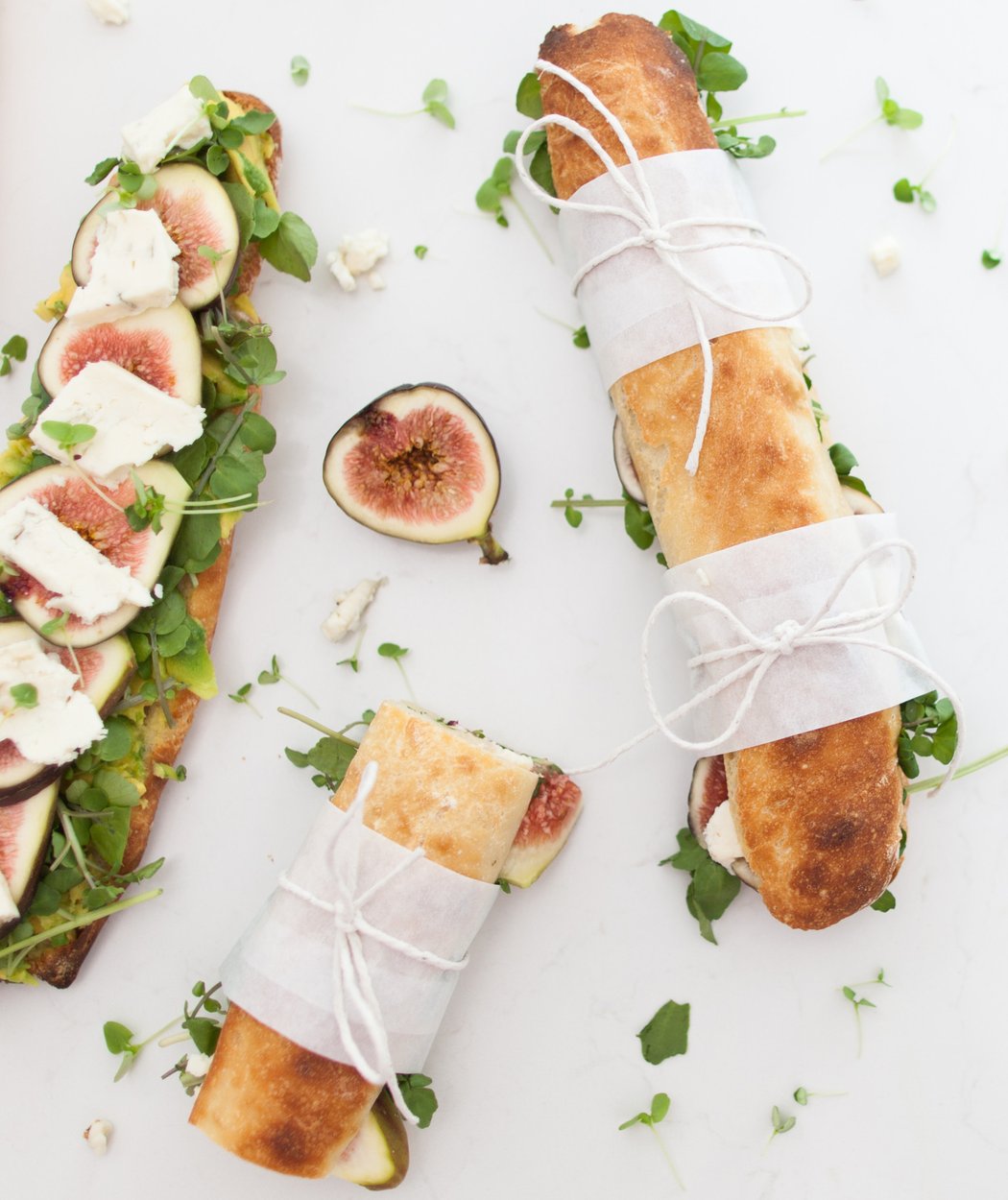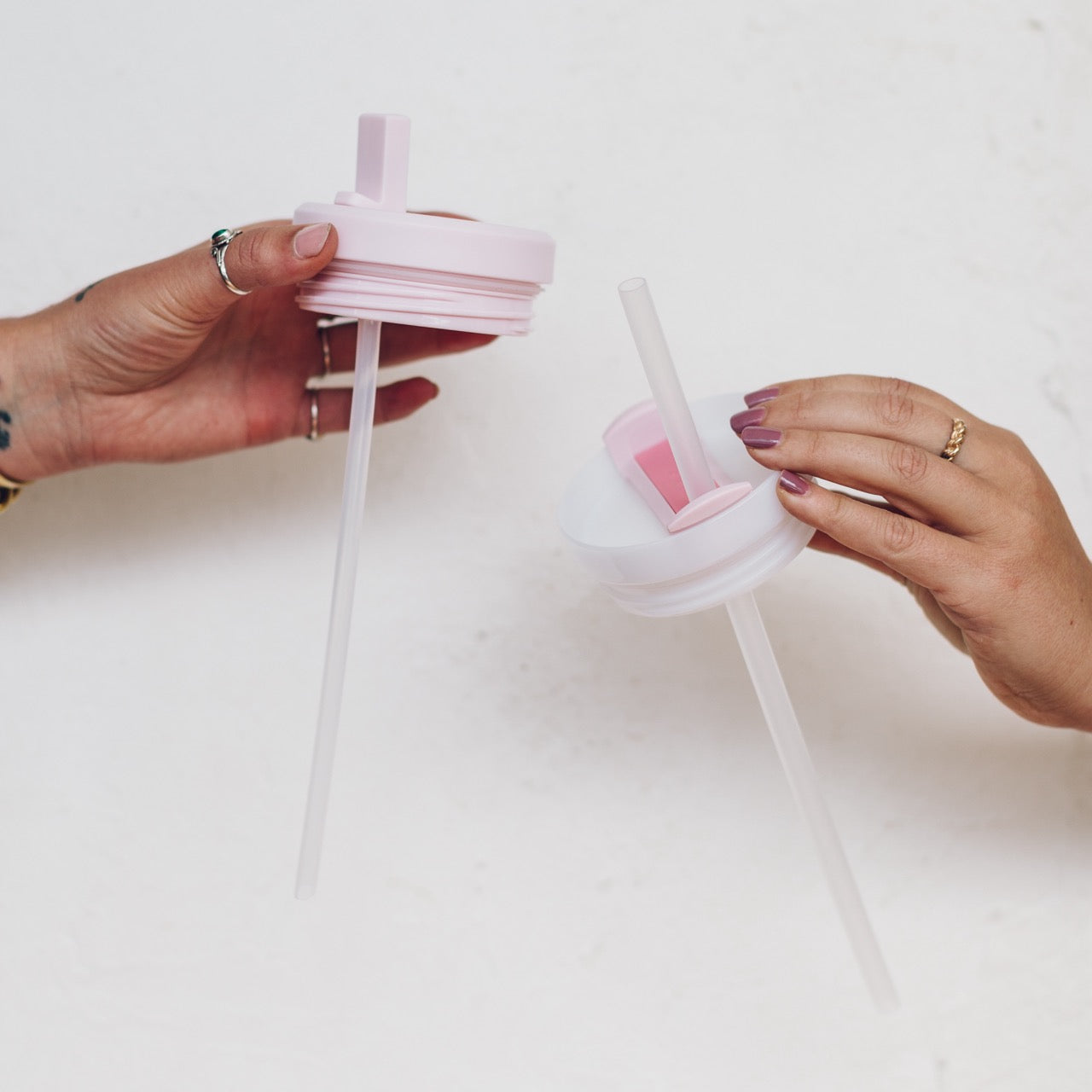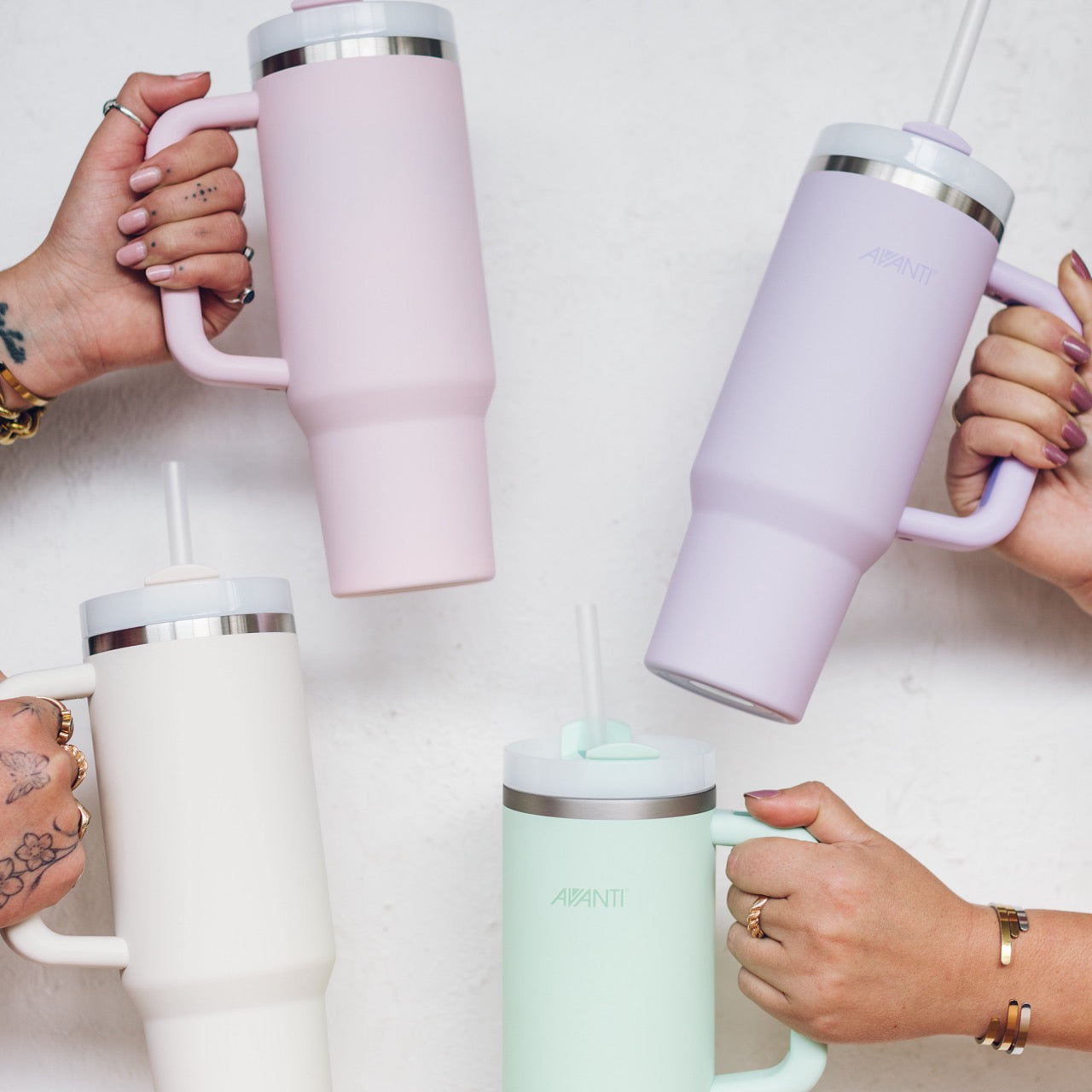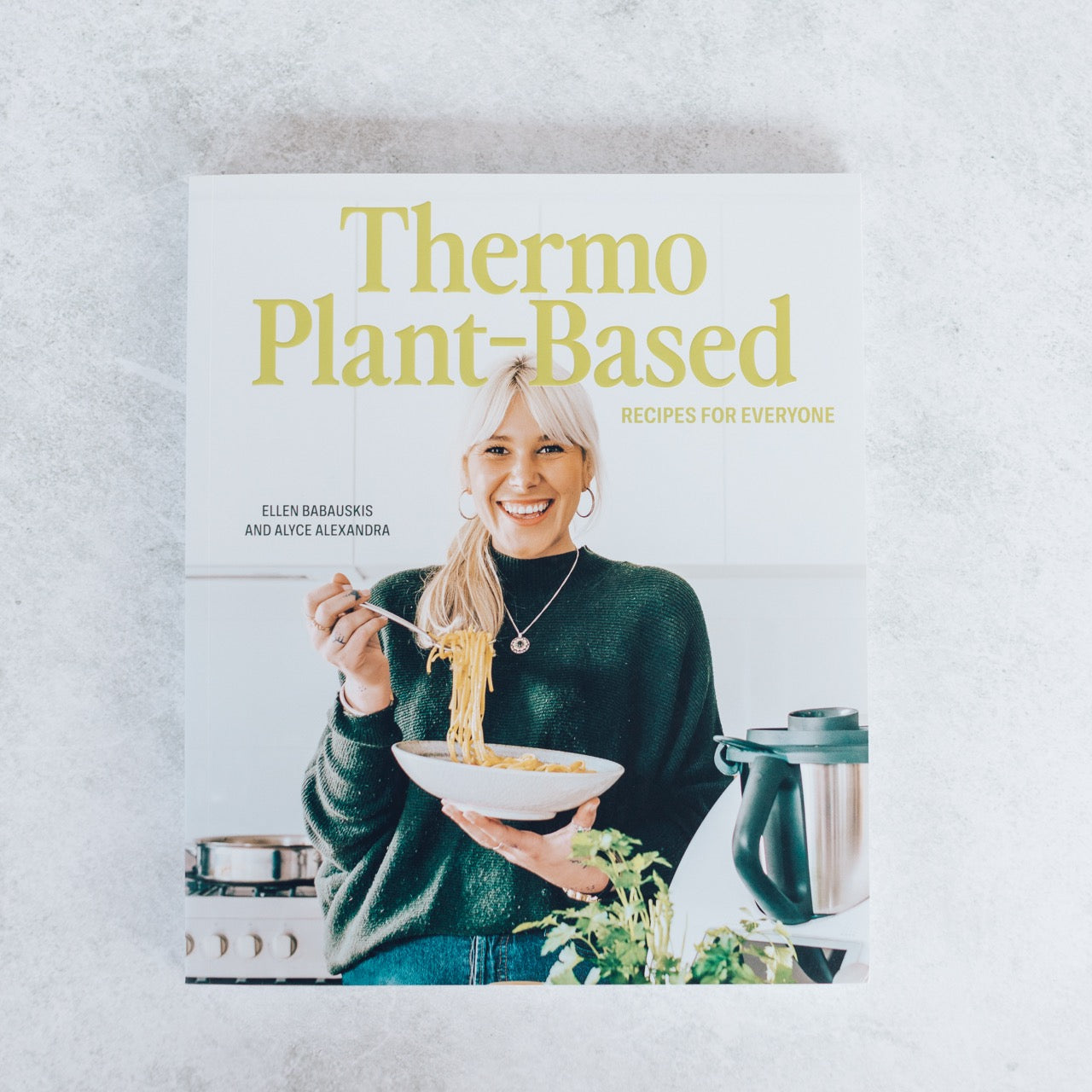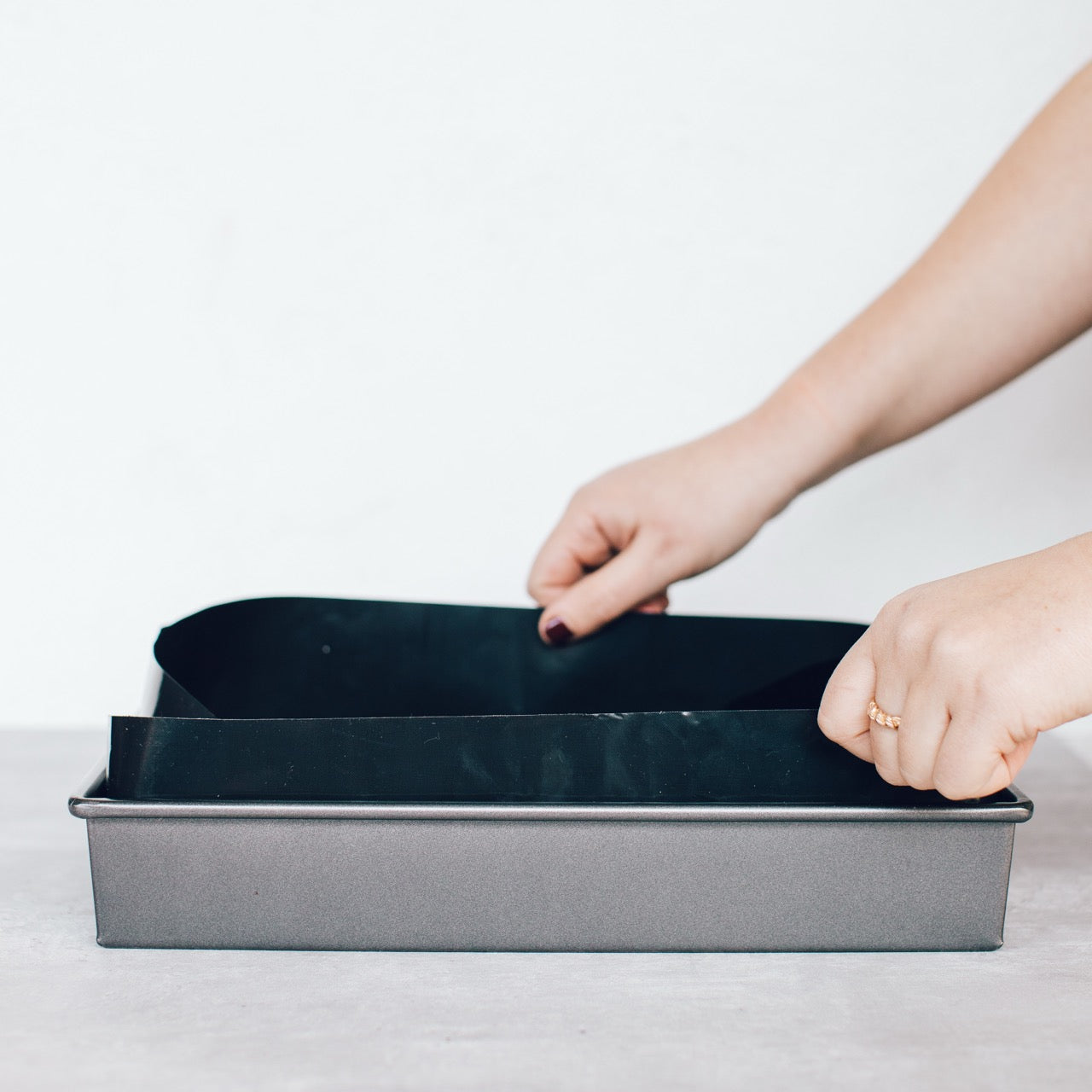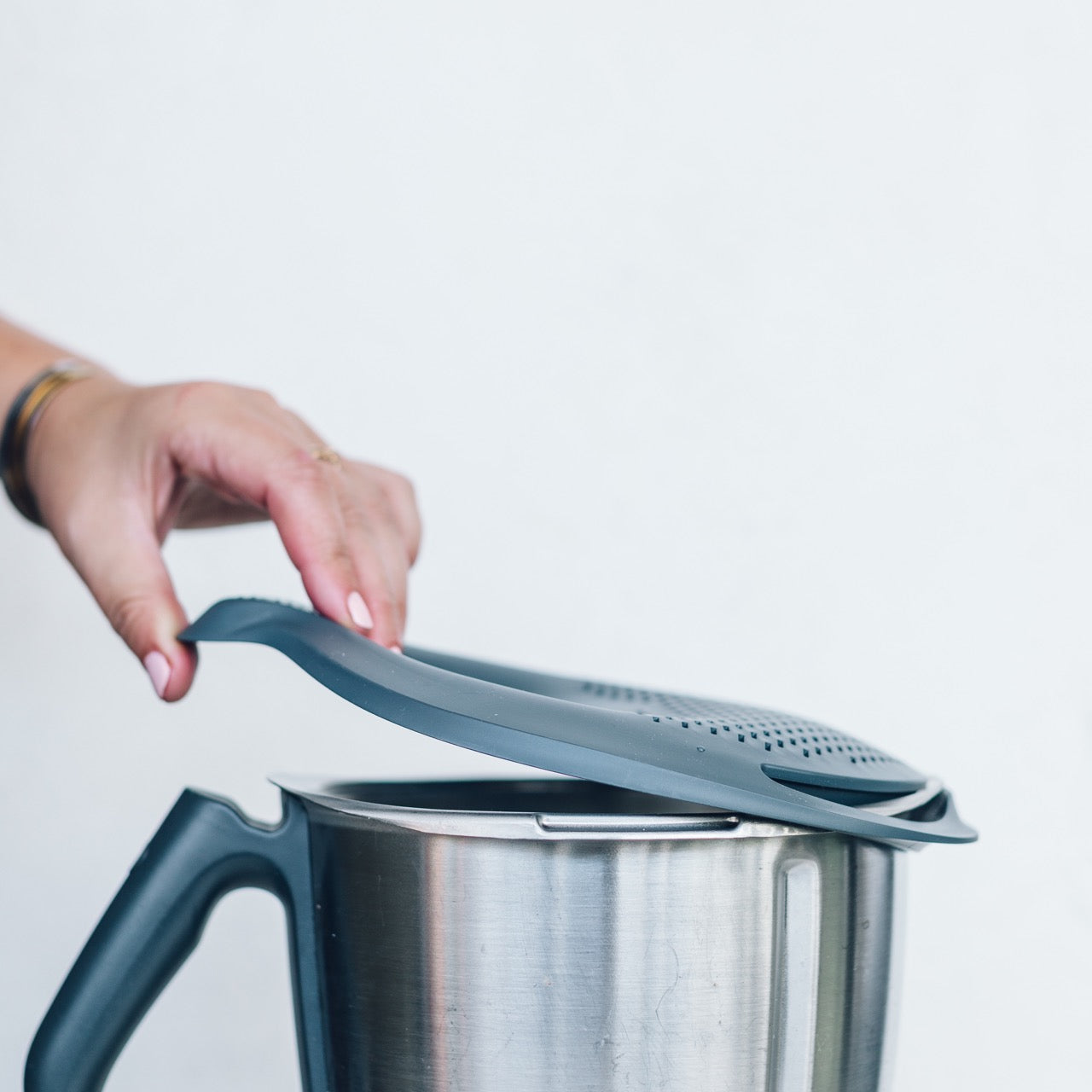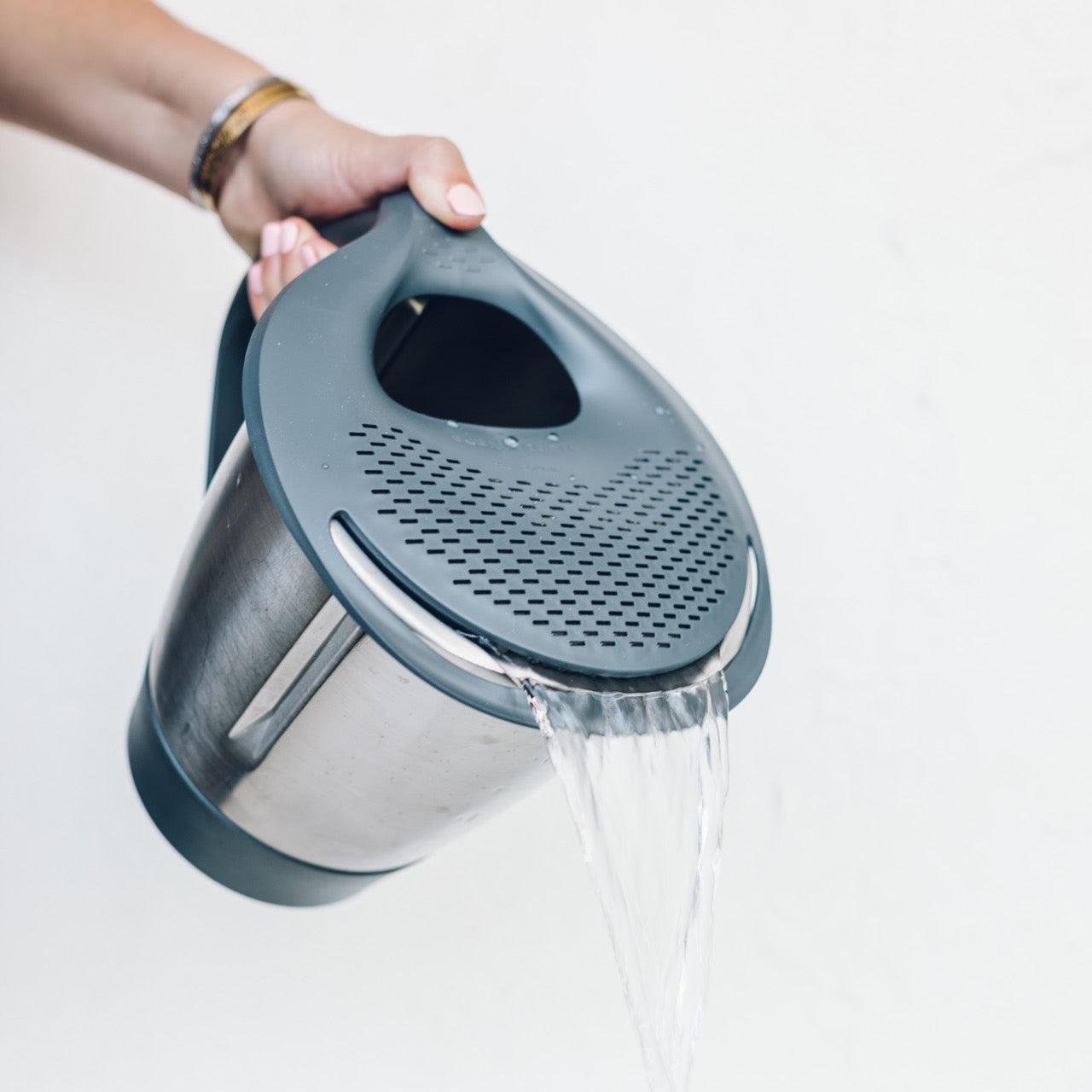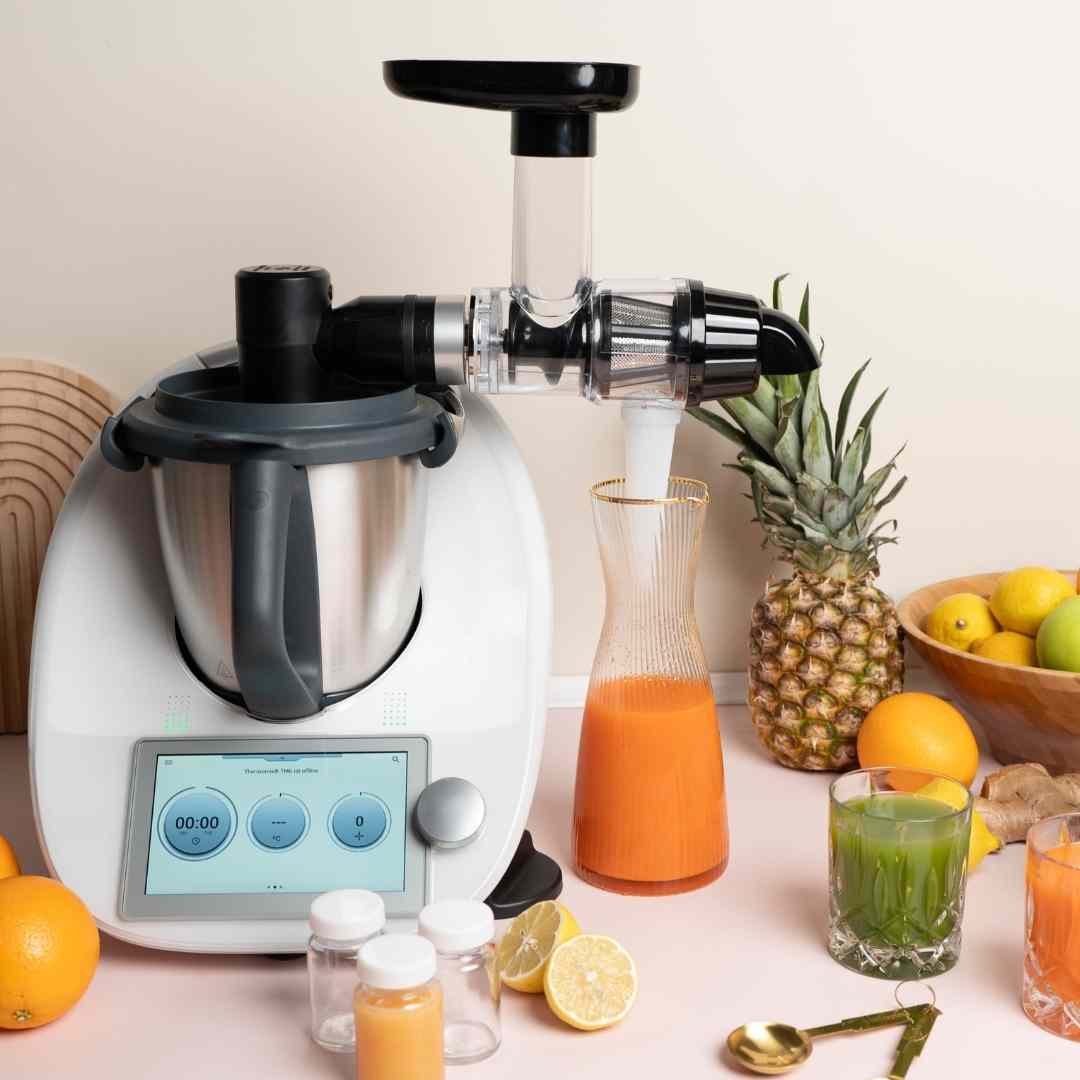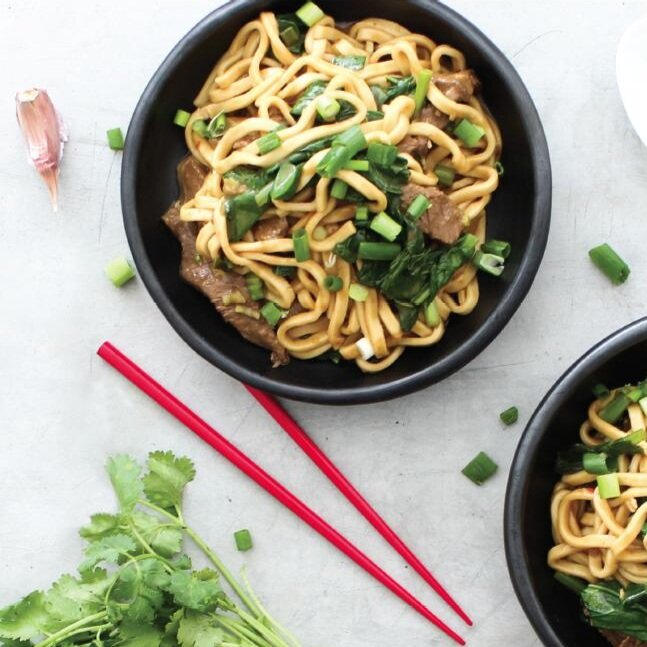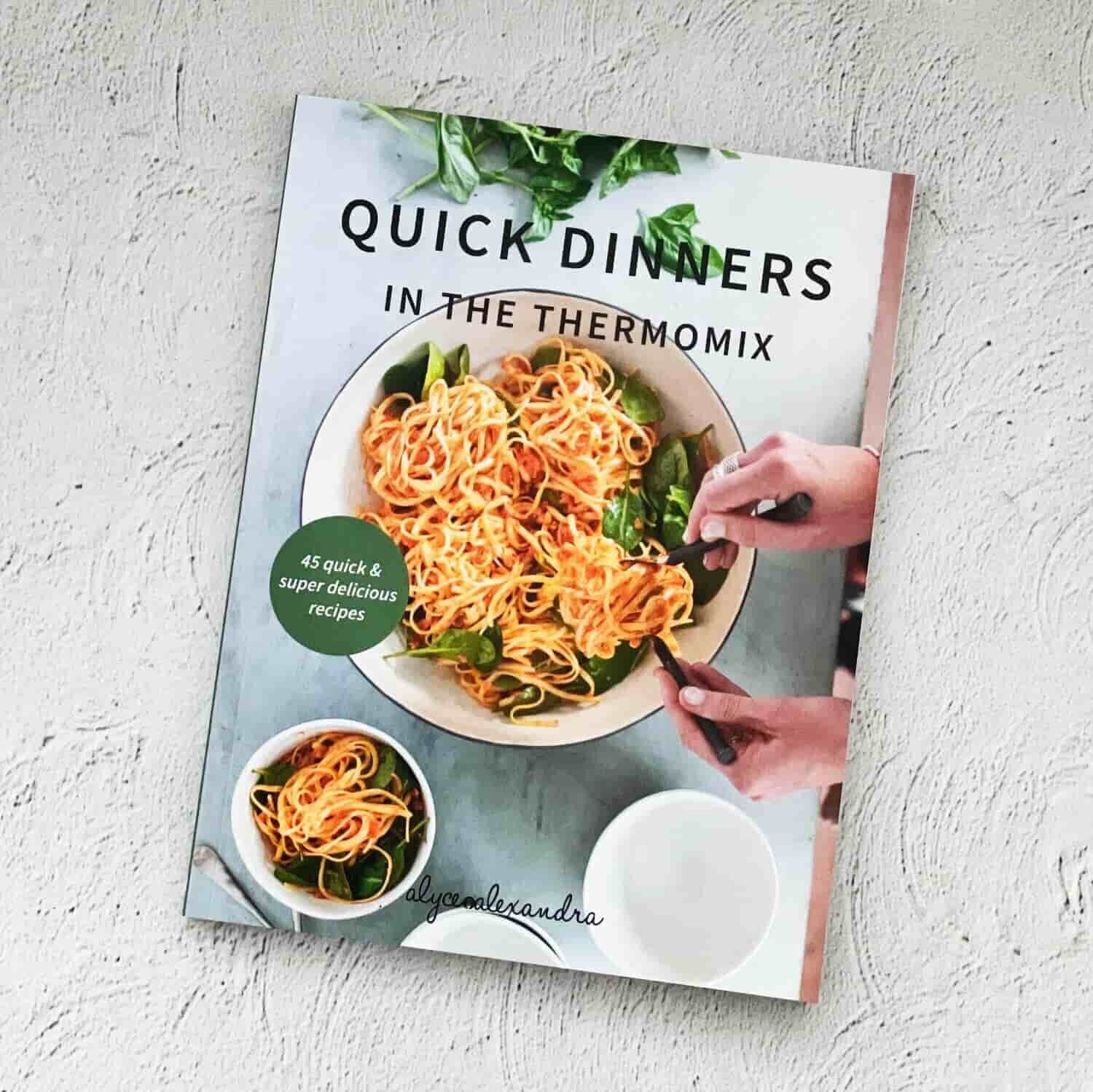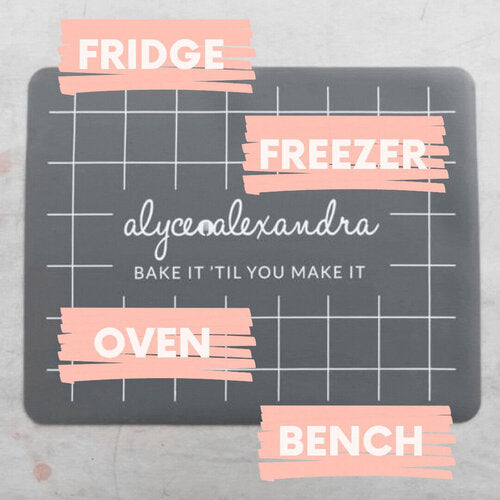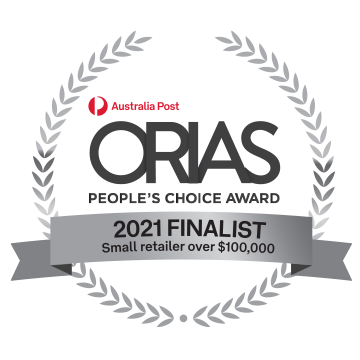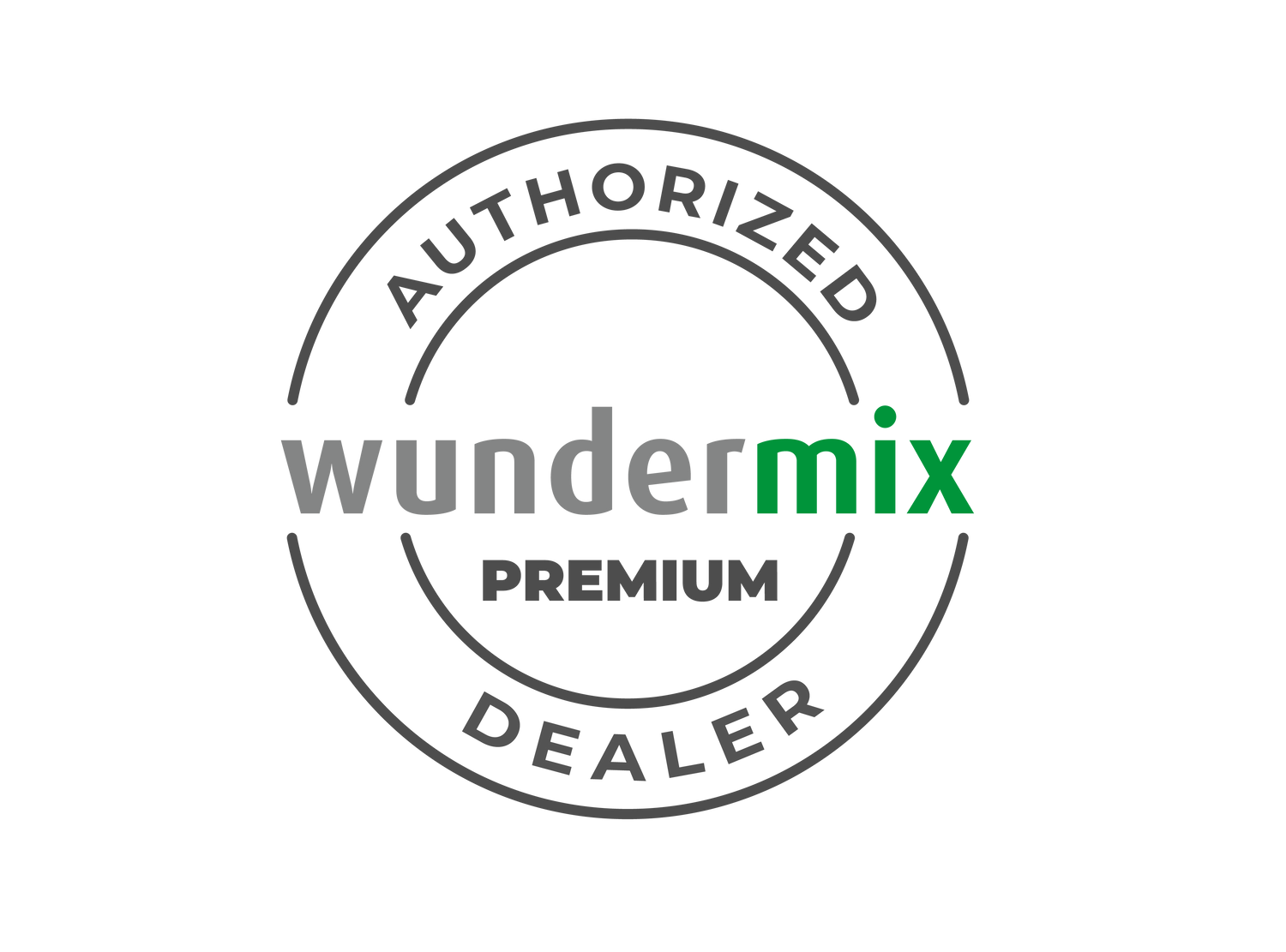Free-range eggs – we all know they are the ethical choice, but unfortunately not all ‘free-range eggs’ are lay equal. When faced with the many cartons, each at differing price points, how can we as consumers make an informed choice?
The problem lies with the fact that there is no nationally enforceable standard or legal definition of the term ‘free-range’. There are numerous independent certifying bodies who each will hand out a free-range certification stamp should their requirements be met, but these bodies each take drastically different interpretations on the term ‘free-range’. Some organisations require maximum outdoor stocking densities of 750 birds per hectare, some are more relaxed with numbers as high as 20,000. Some allow for routine beak trimming and systematic use of antibiotics, others prohibit such practices.
I sincerely hope that in the future stocking densities and other such metrics will be a mandatory listing requirement on all egg cartons, but in the meantime take a look at the requirements of different certifying bodies and see which ones you like the principles of. Remember their stamp, and next time you are at the shops look for brands with that certification.
http://www.animalwelfarelabels.org.au/index.php/download-guides
Some of my favourites are:
- Australian Certified Organic
- Demeter
- FRFA
- Humane Choice
- Organic Food Chain
So next time you see different brands of free range eggs retailing between $5 and $10 a dozen, take a look at the certifying body. I would guess it is more expensive for the farmer to produce eggs reaching the Humane Choice standard compared with that of the Egg Corp Assured.
“Remember, the better the hens live, the tastier their eggs, the healthier their eggs, the better their farming is for the environment and the better the community is when filled with compassion and gratitude!”

The opinions expressed are that of the author alone, informed by the below resources:
